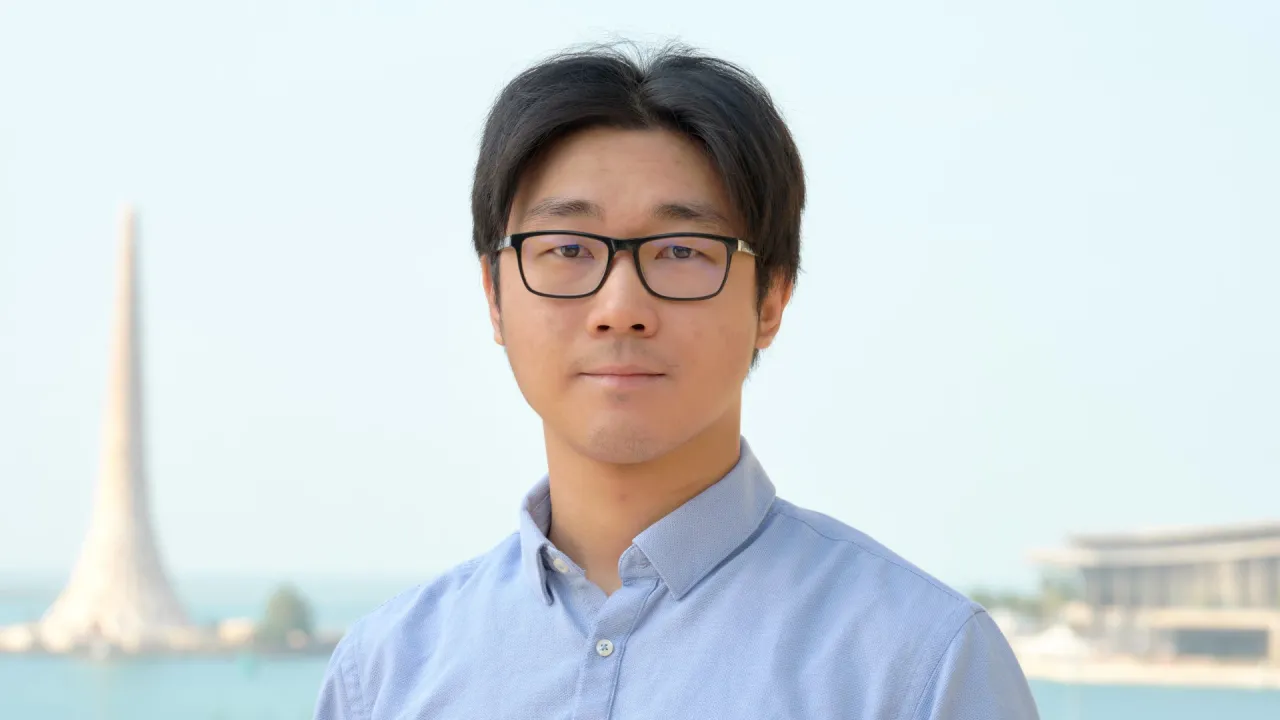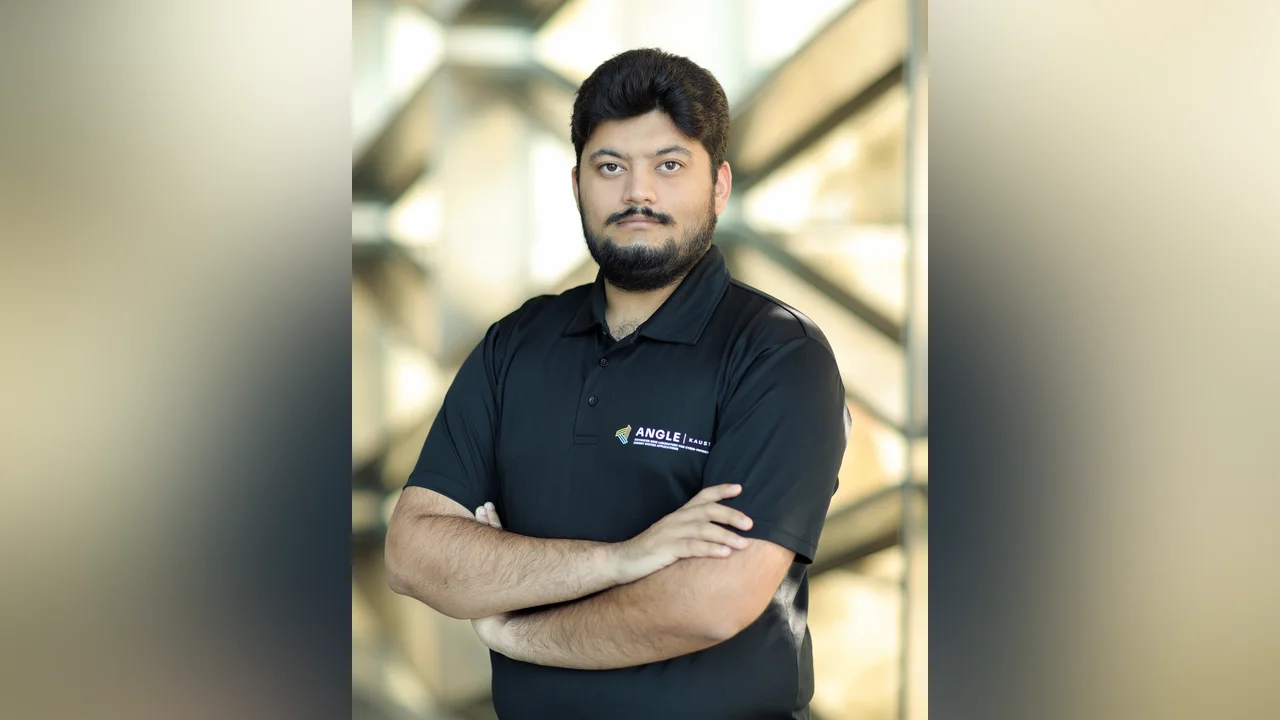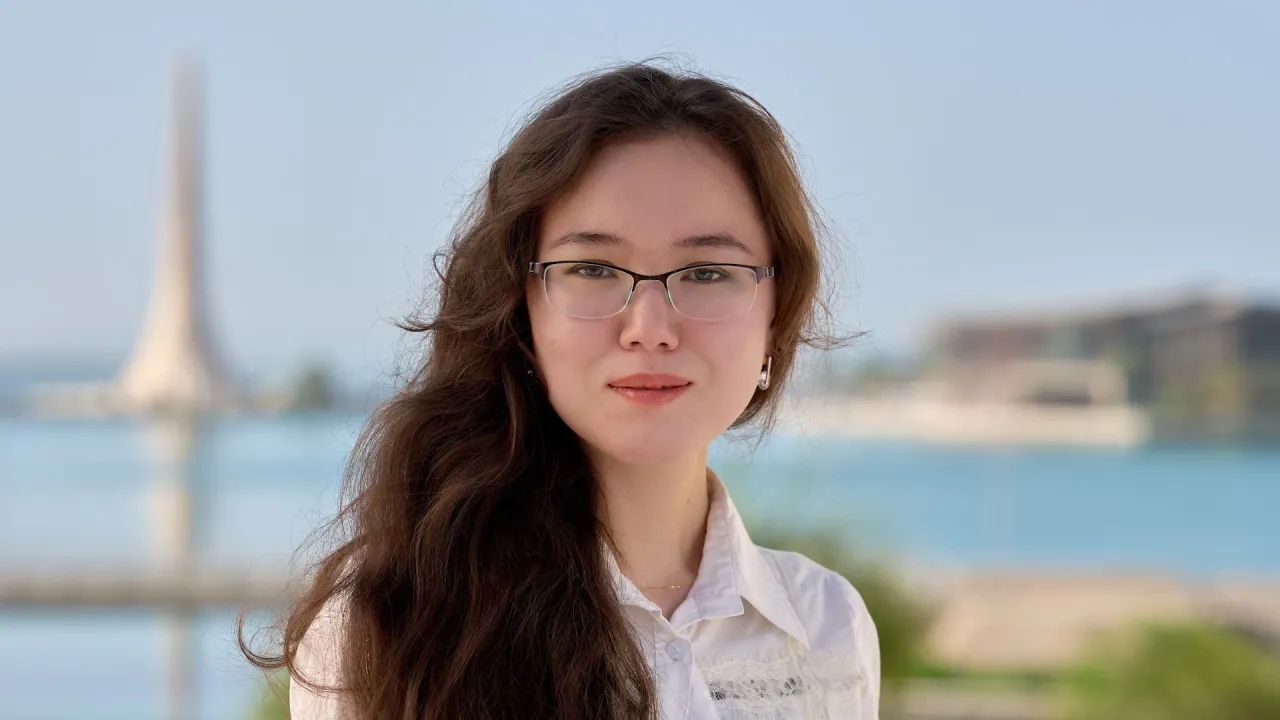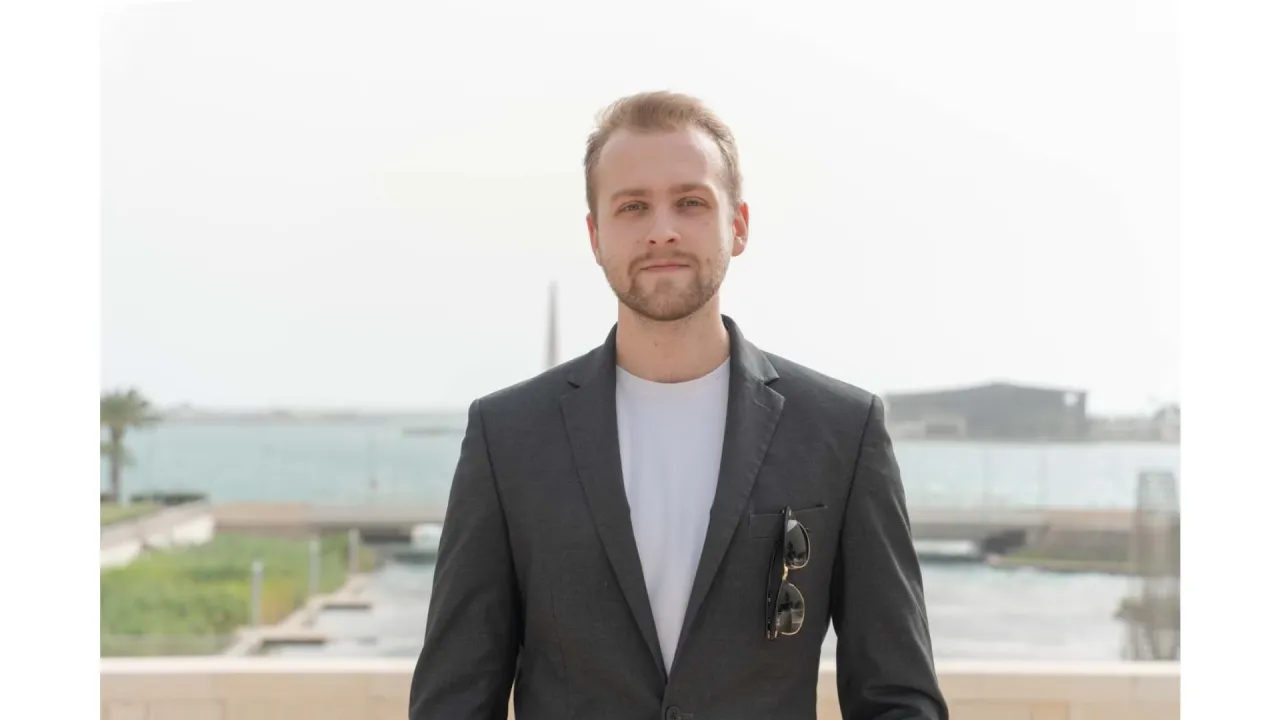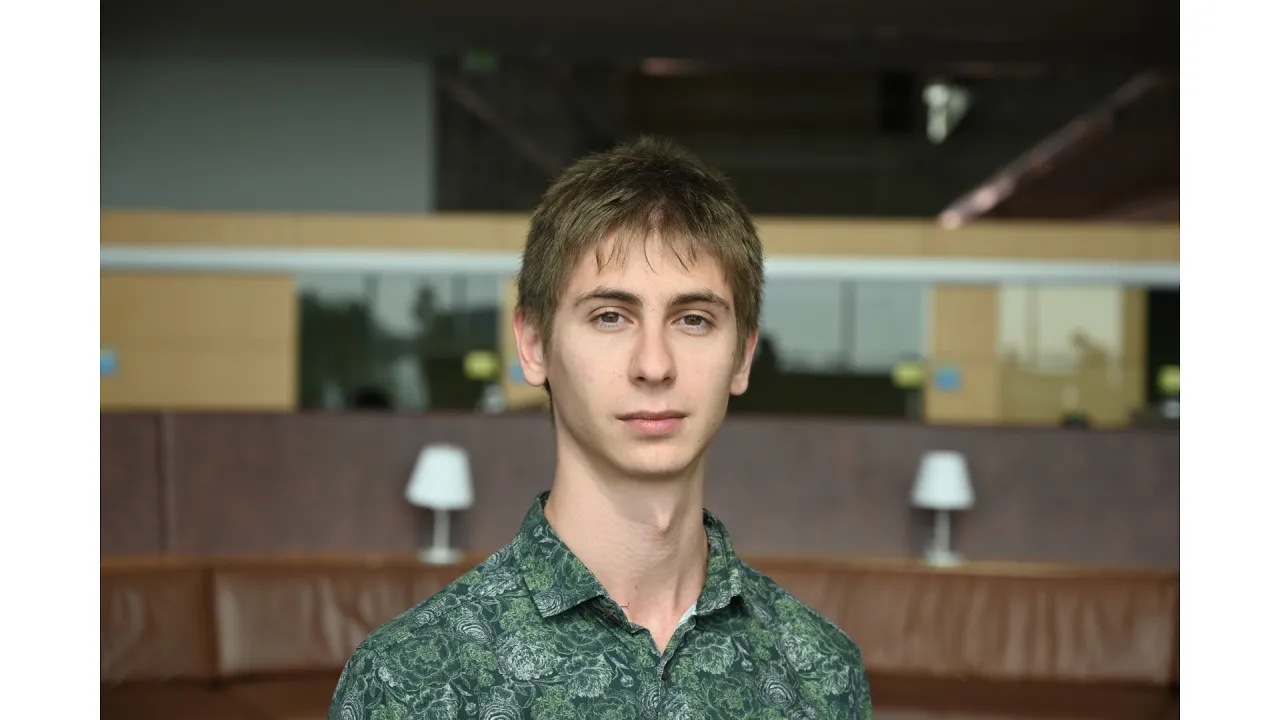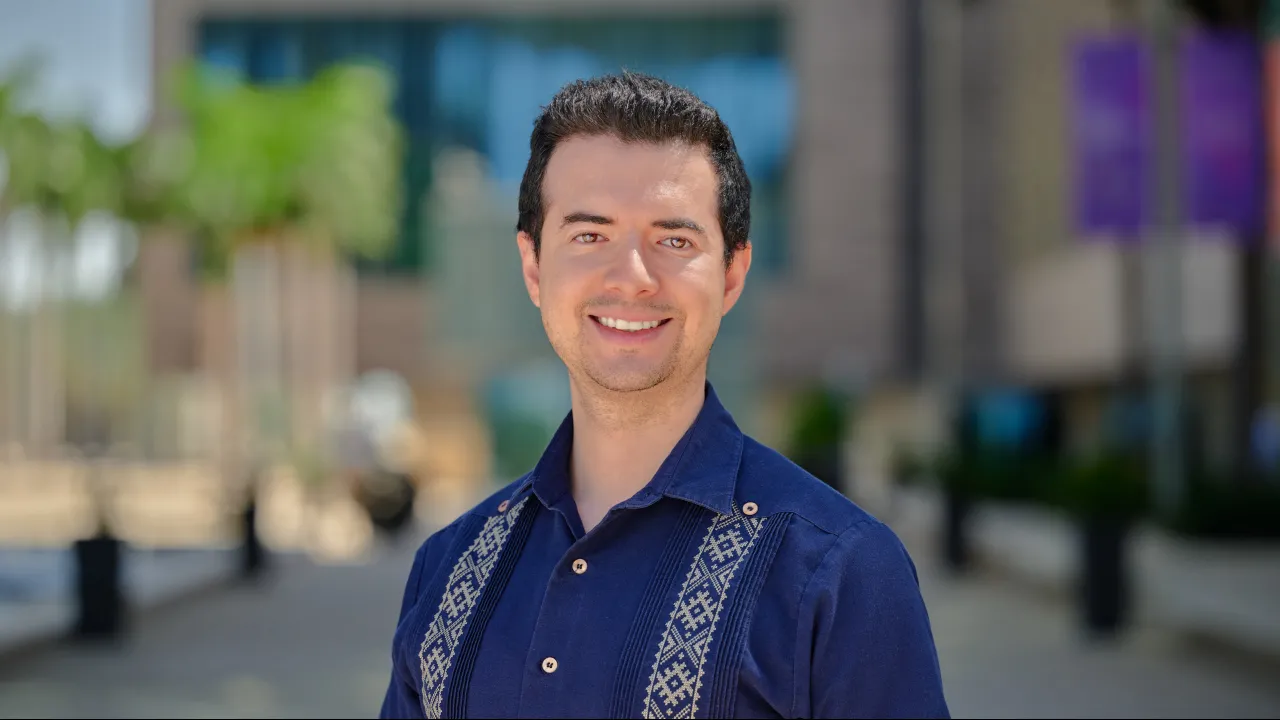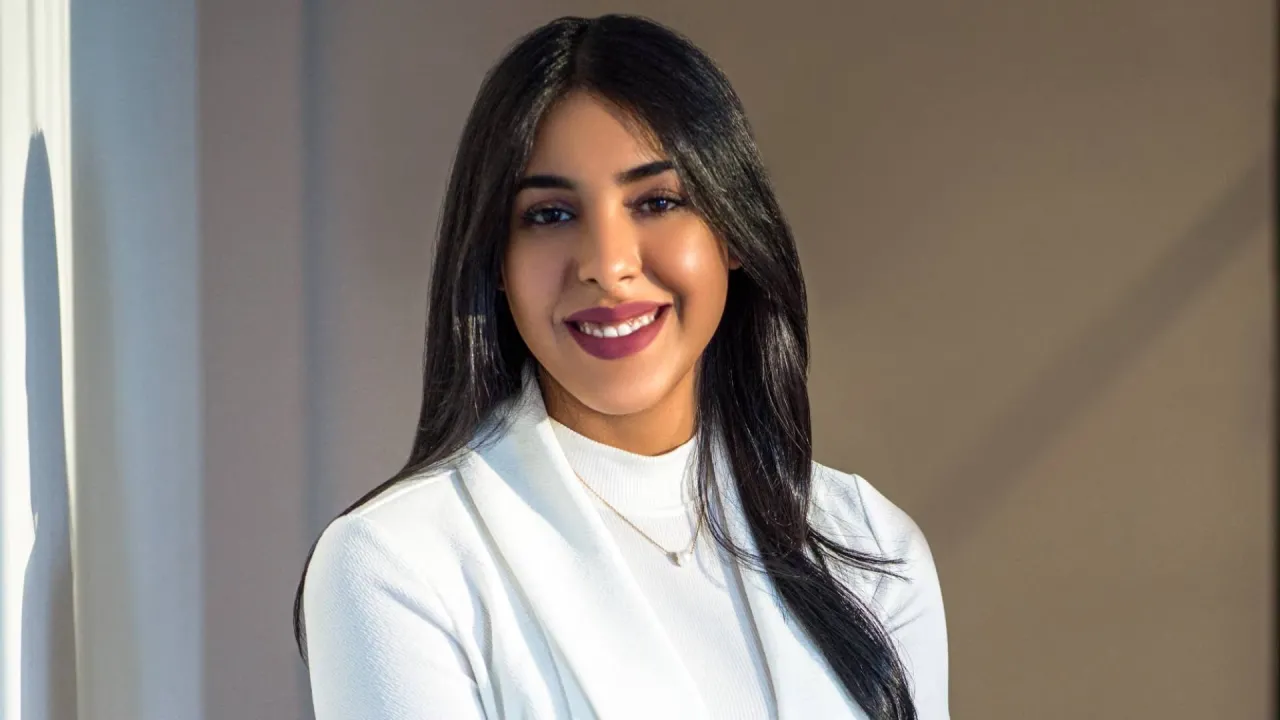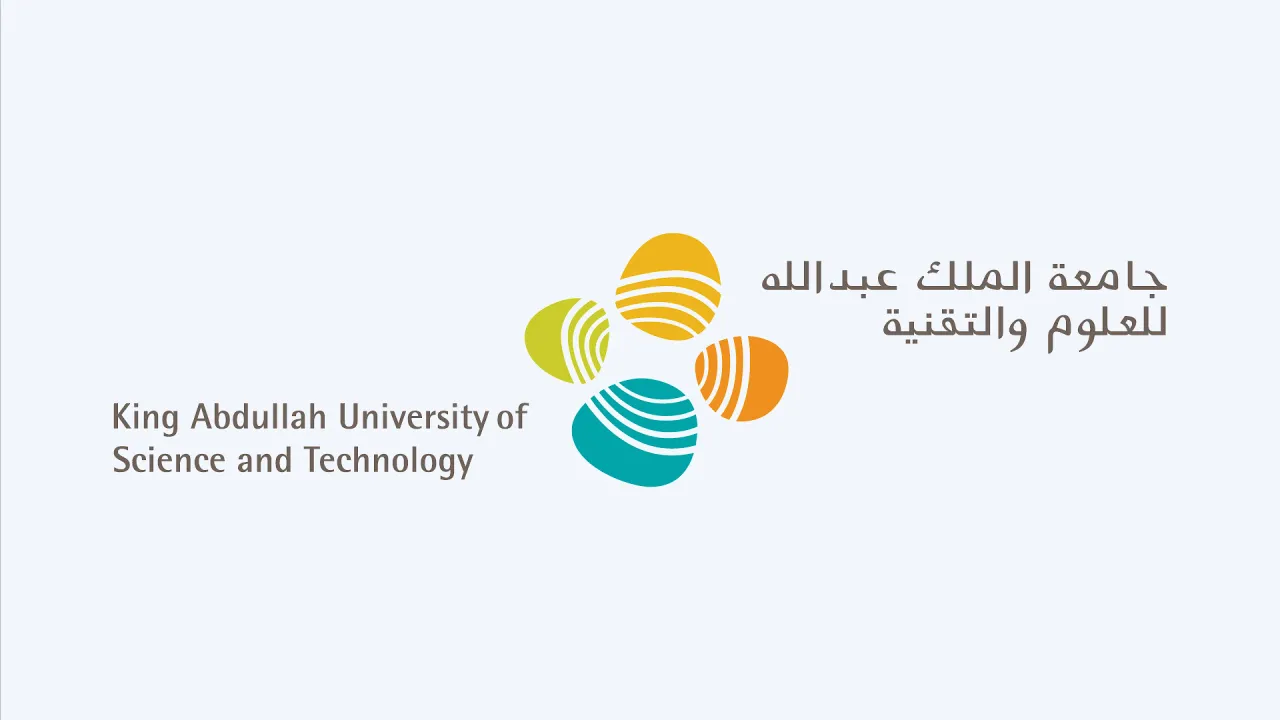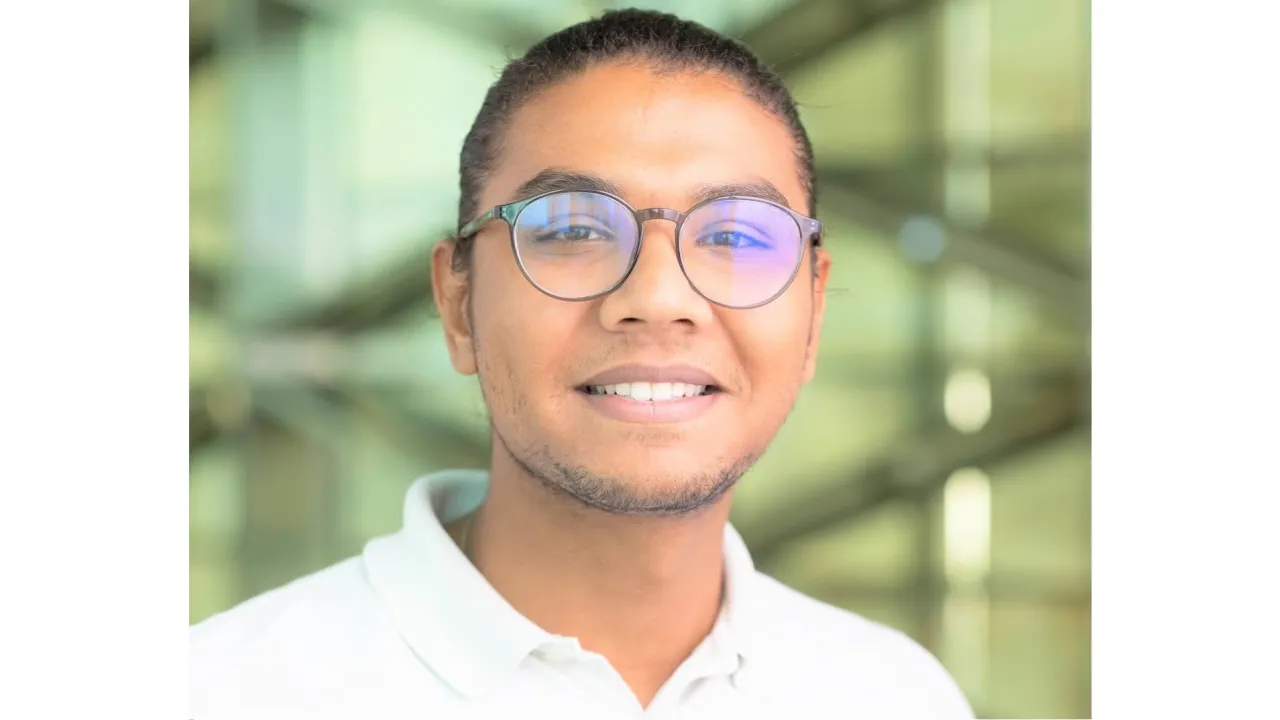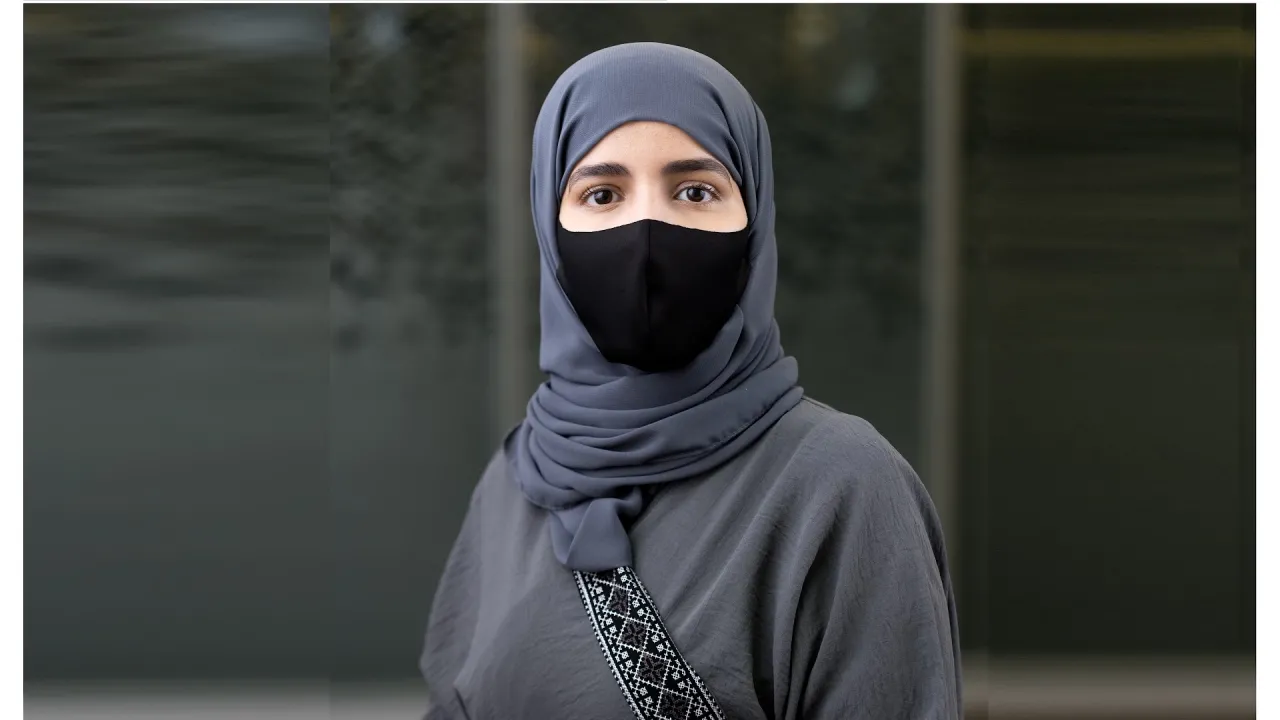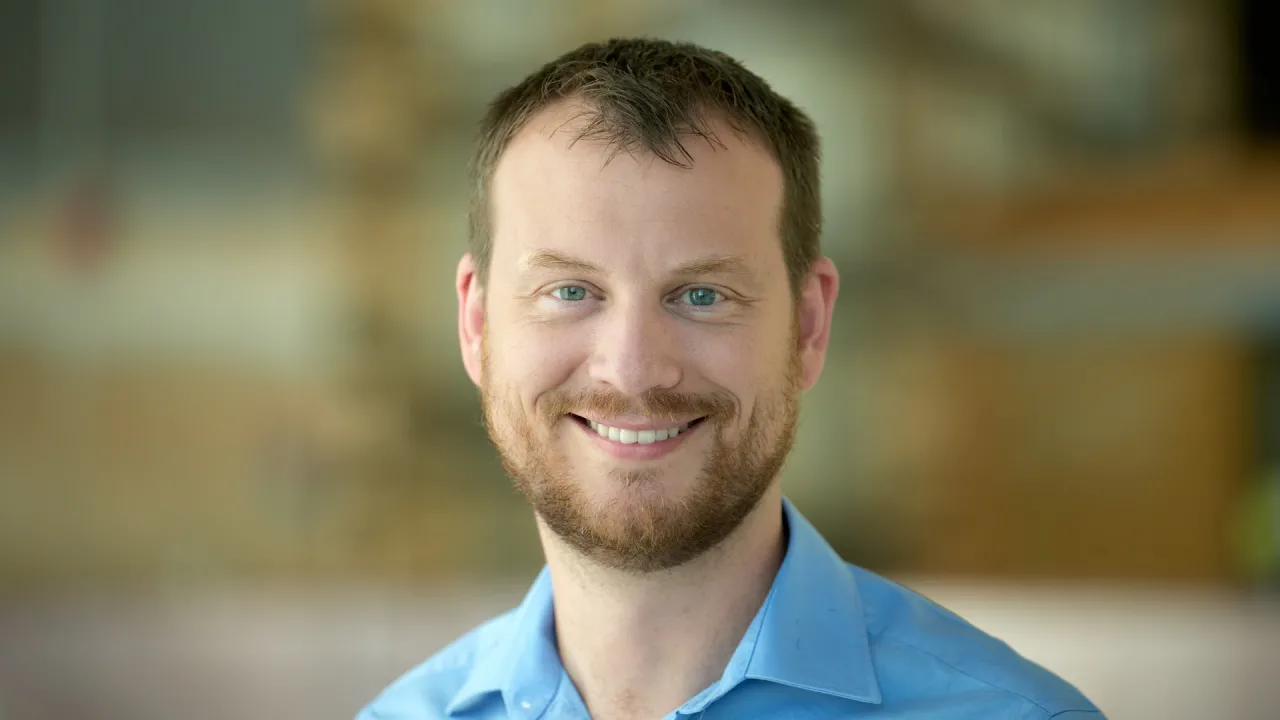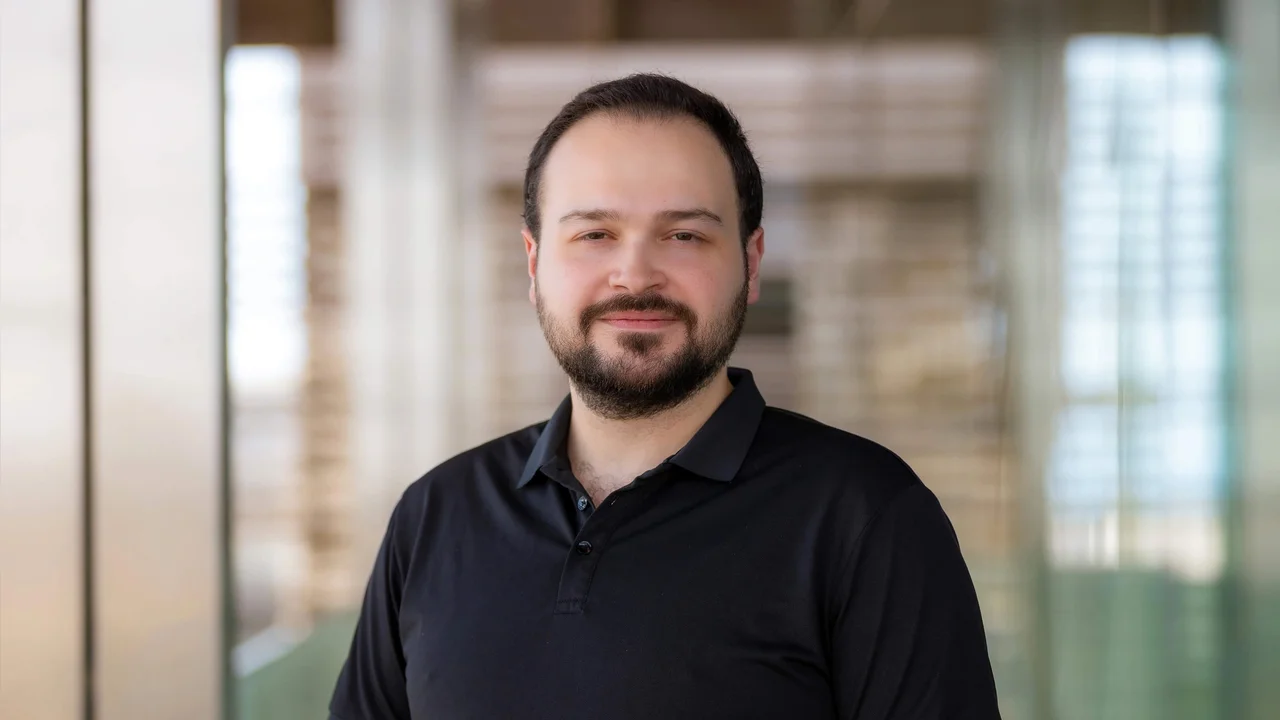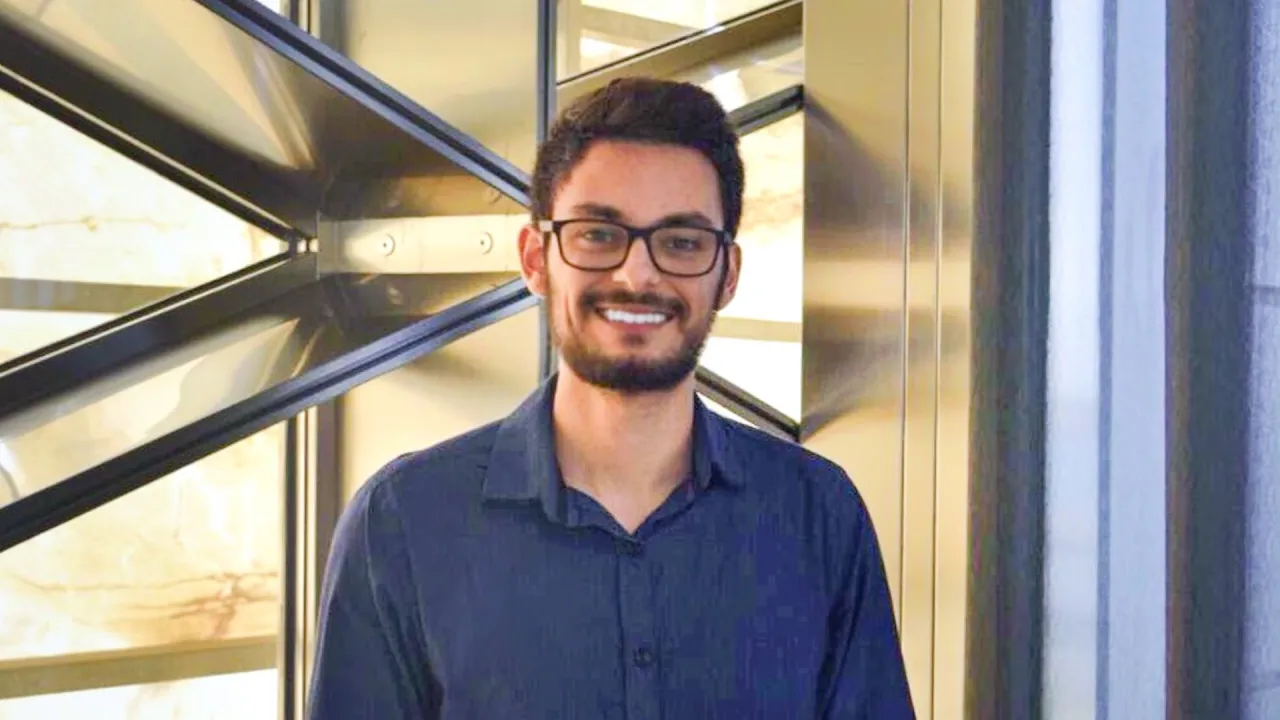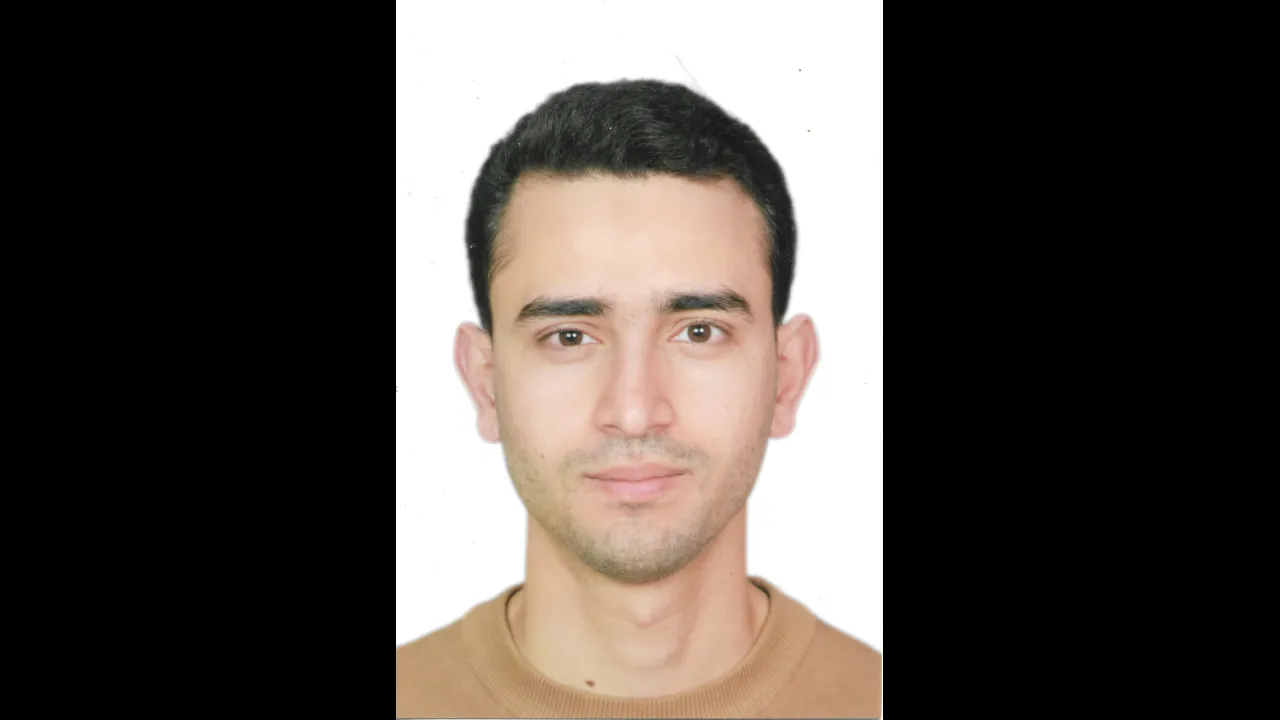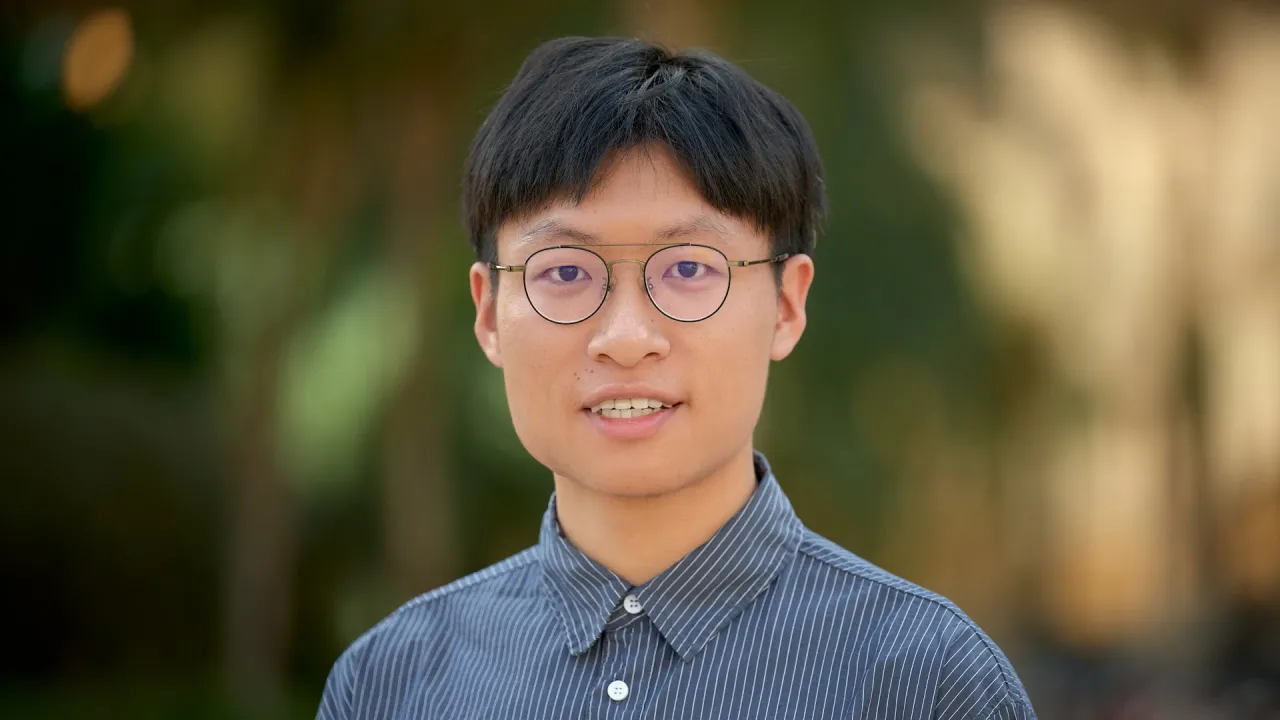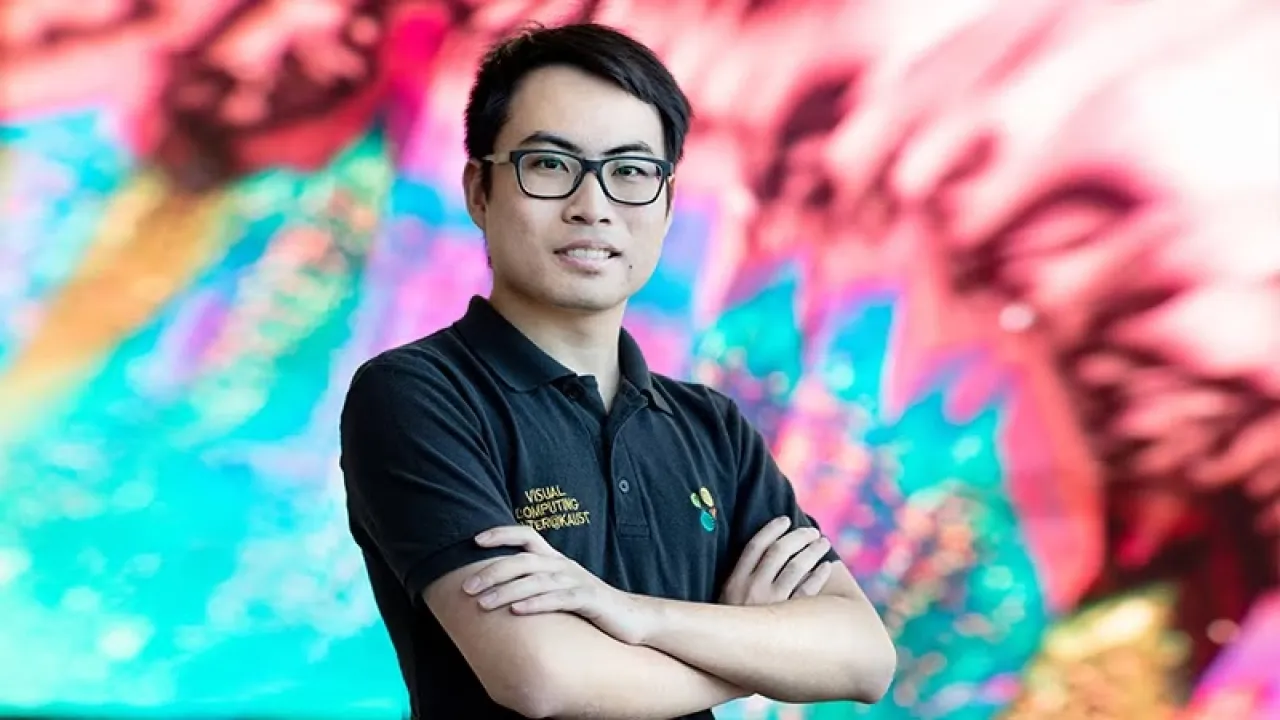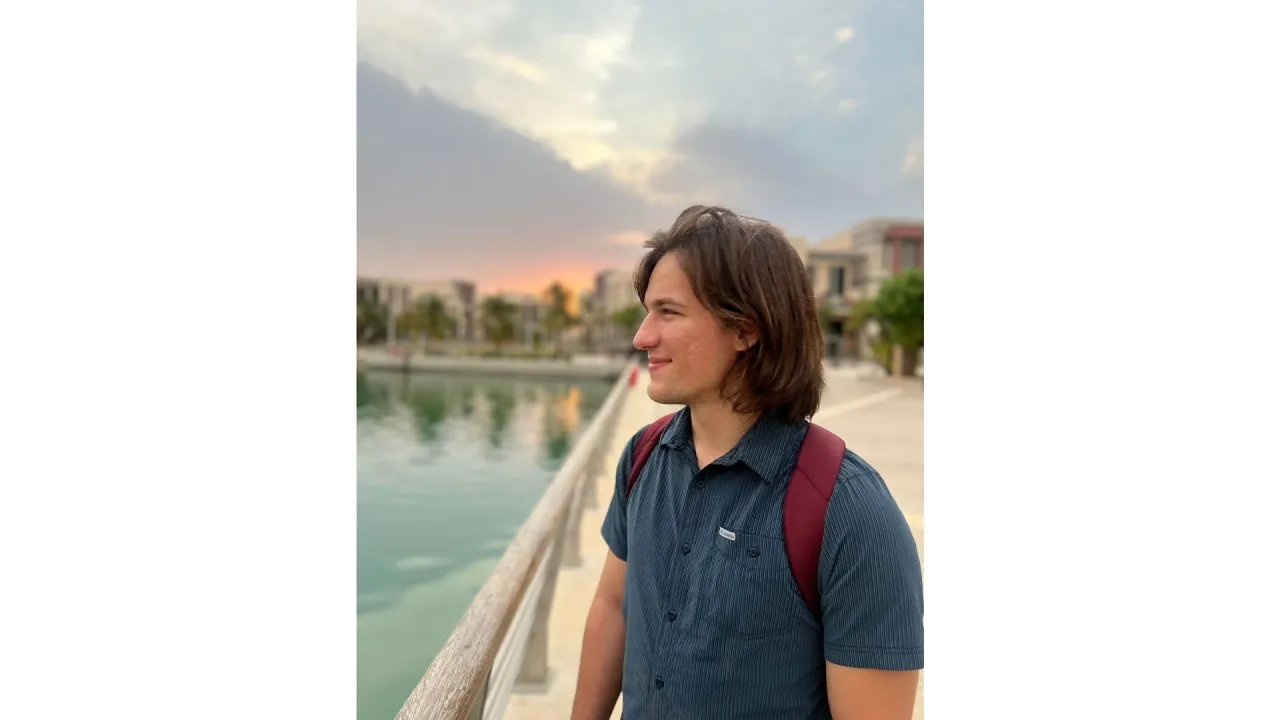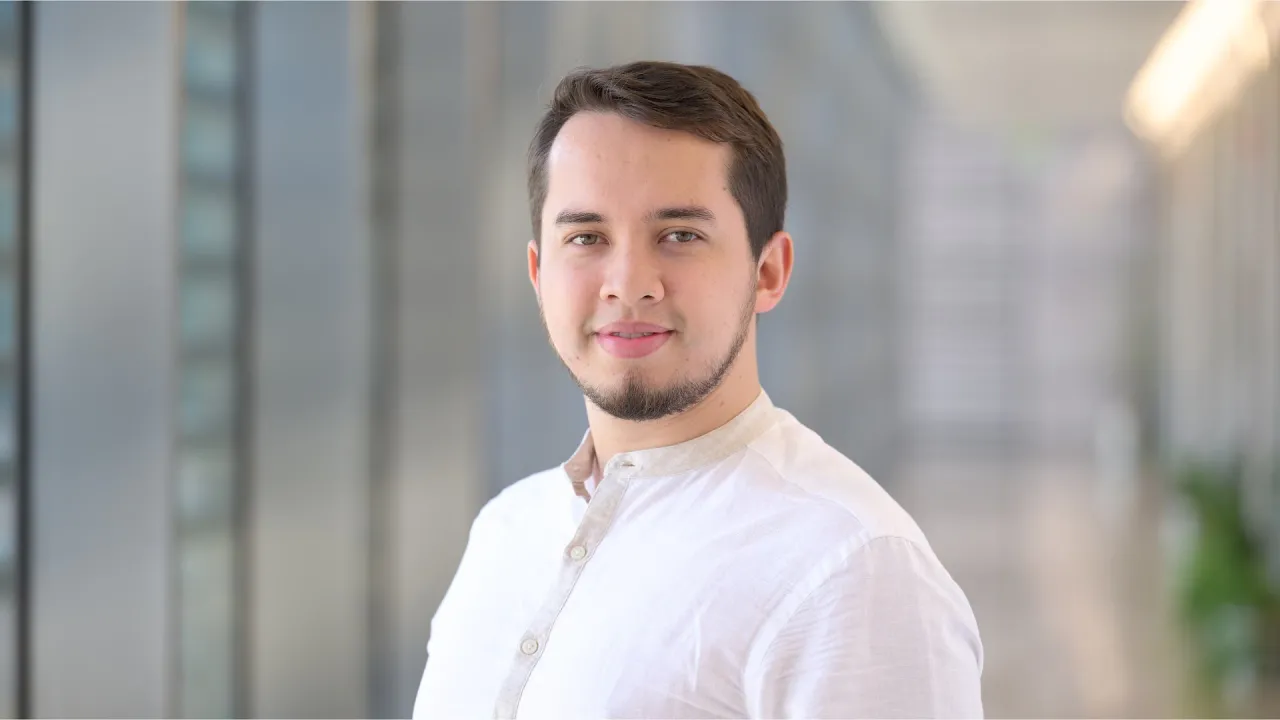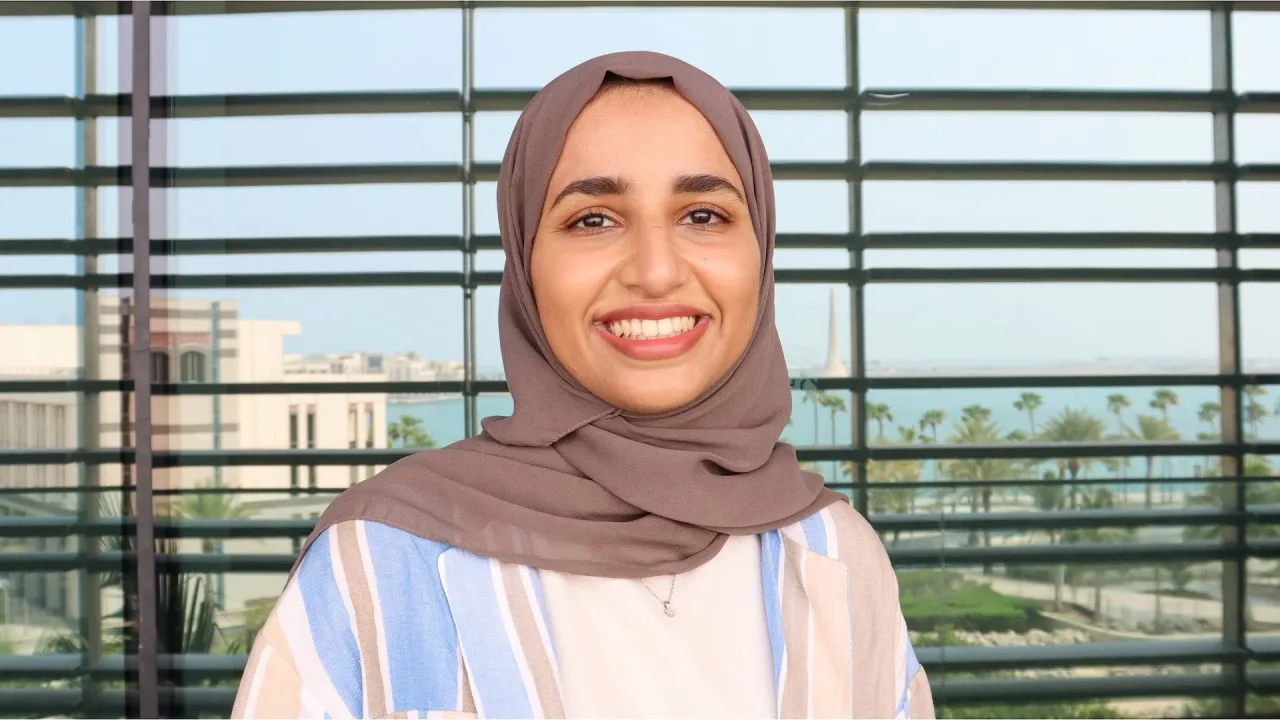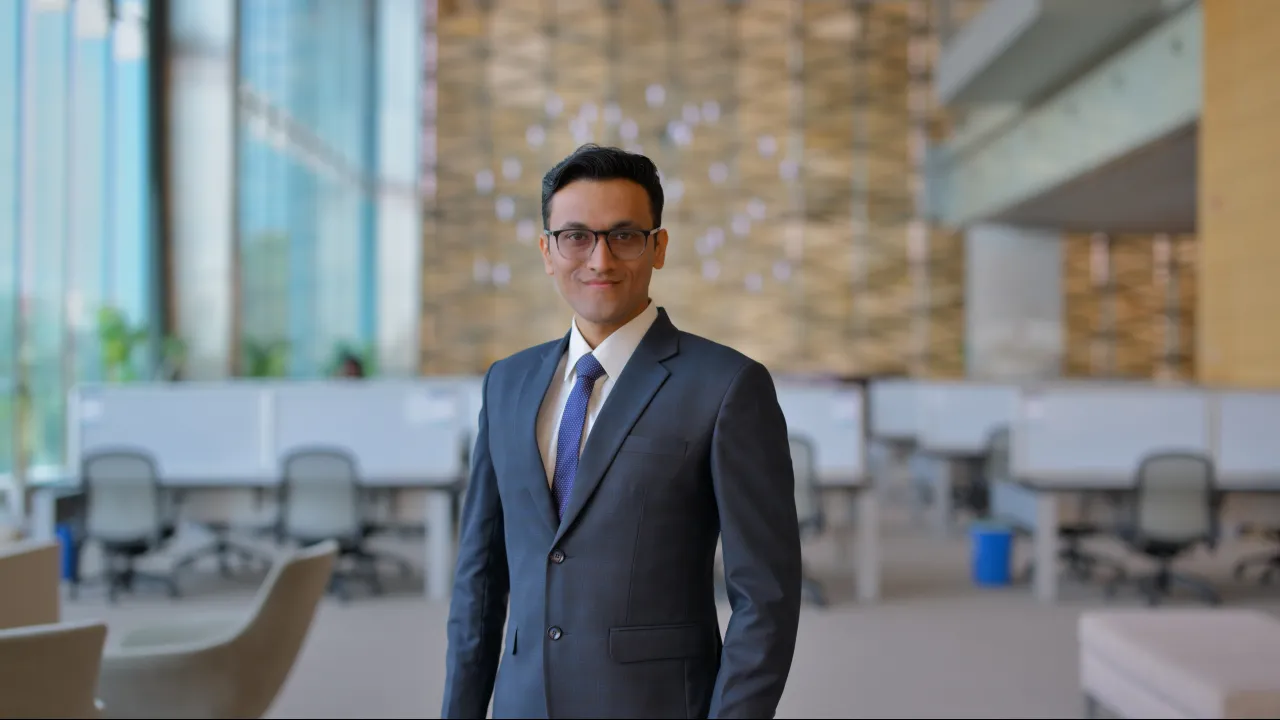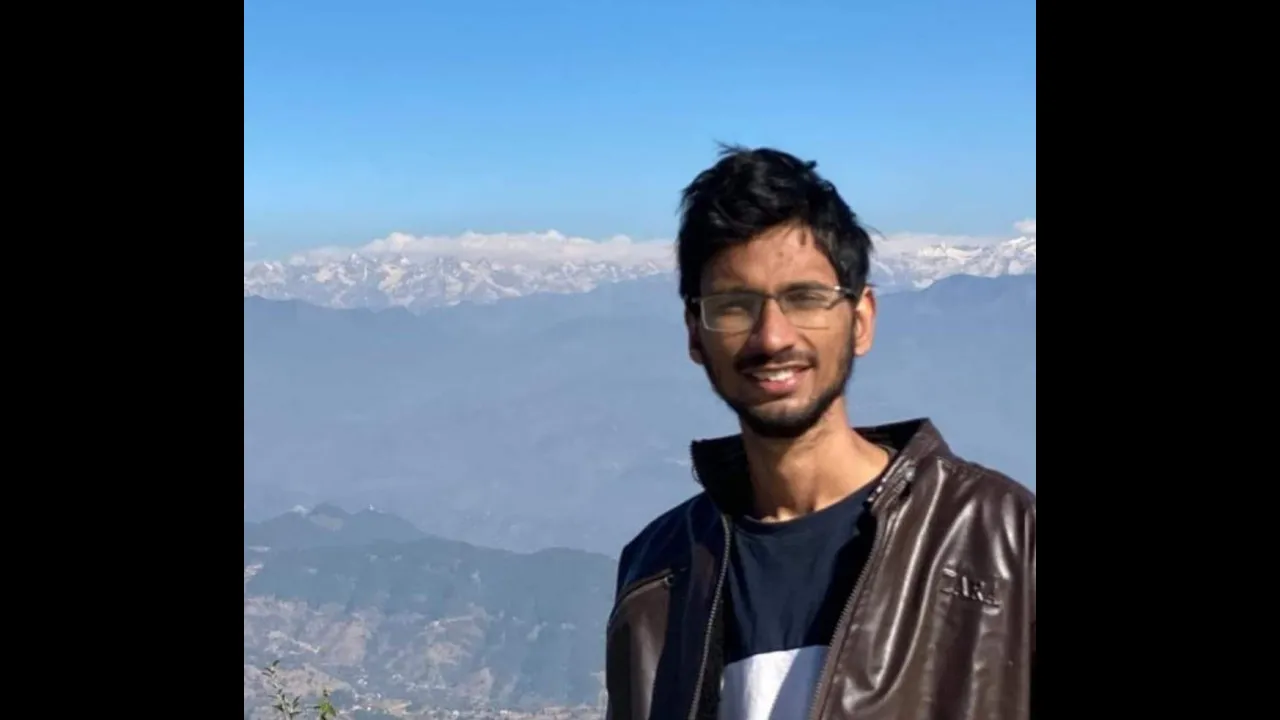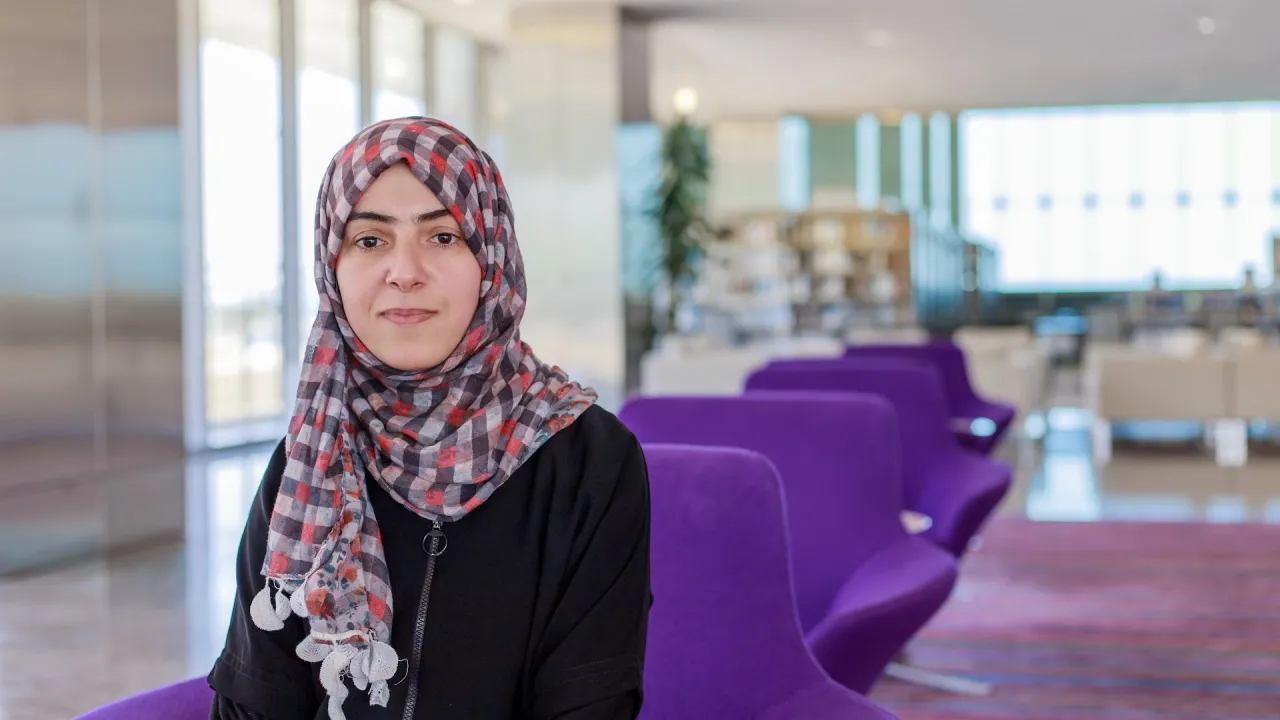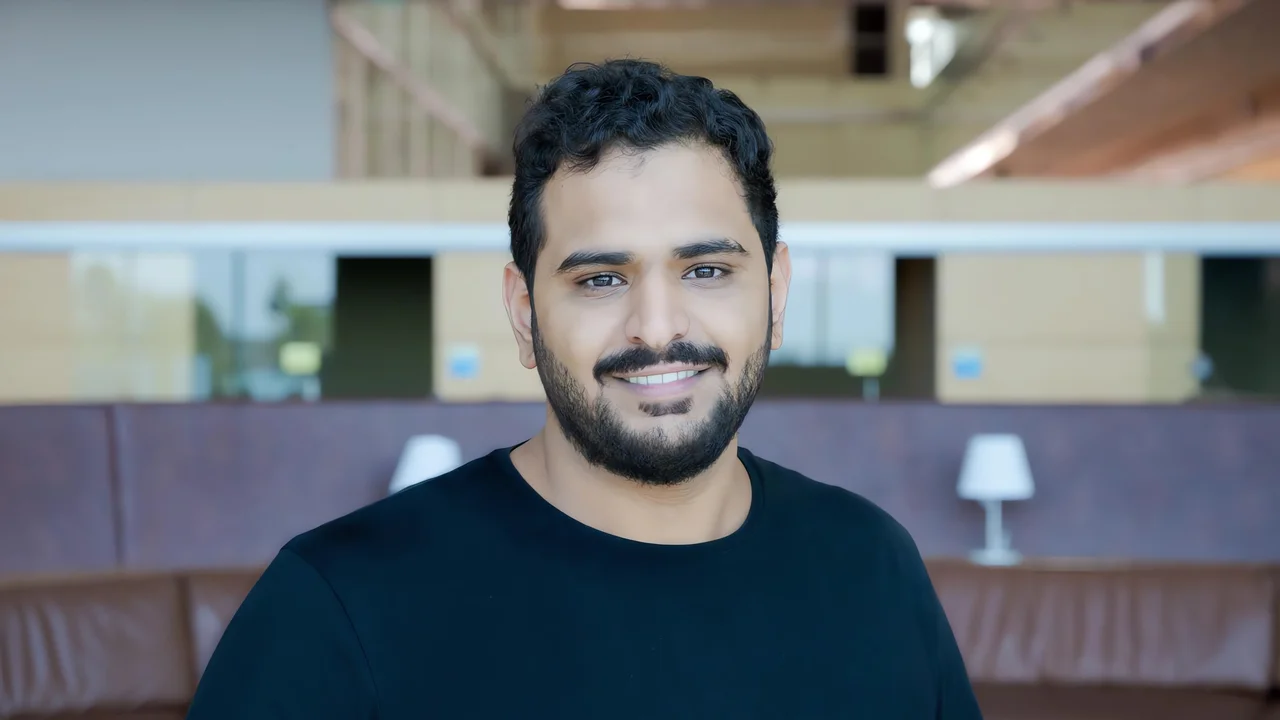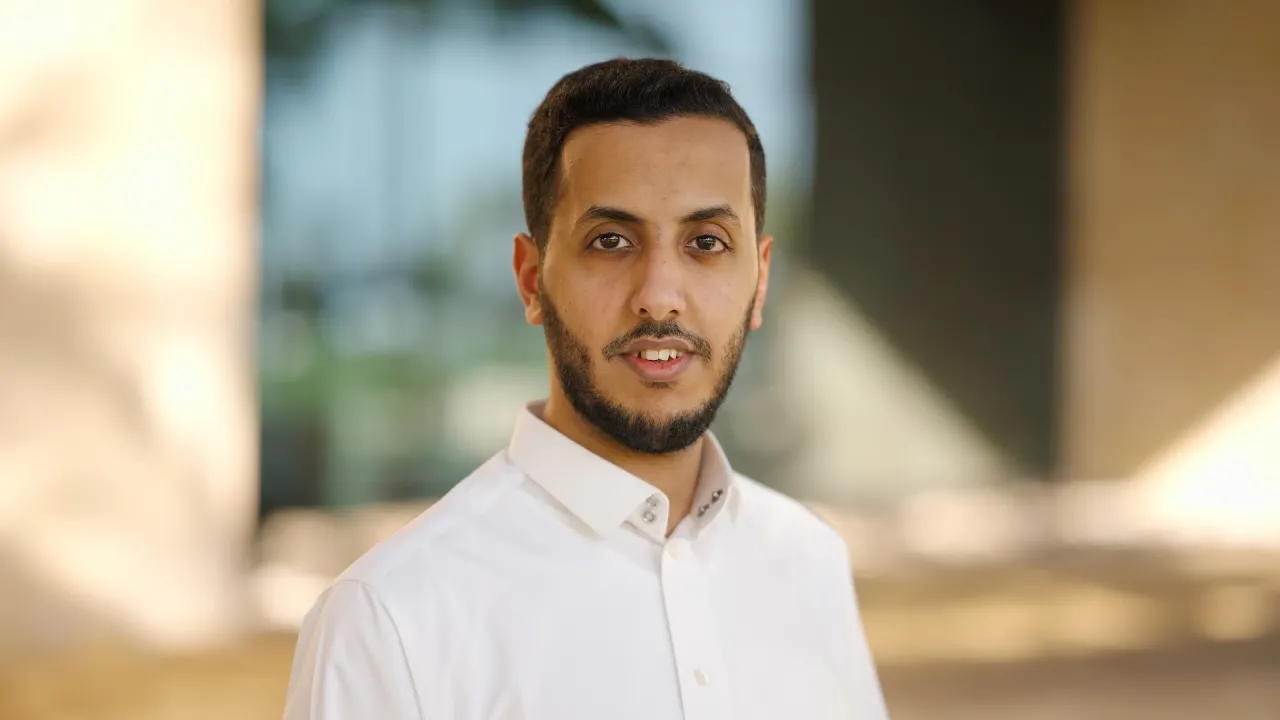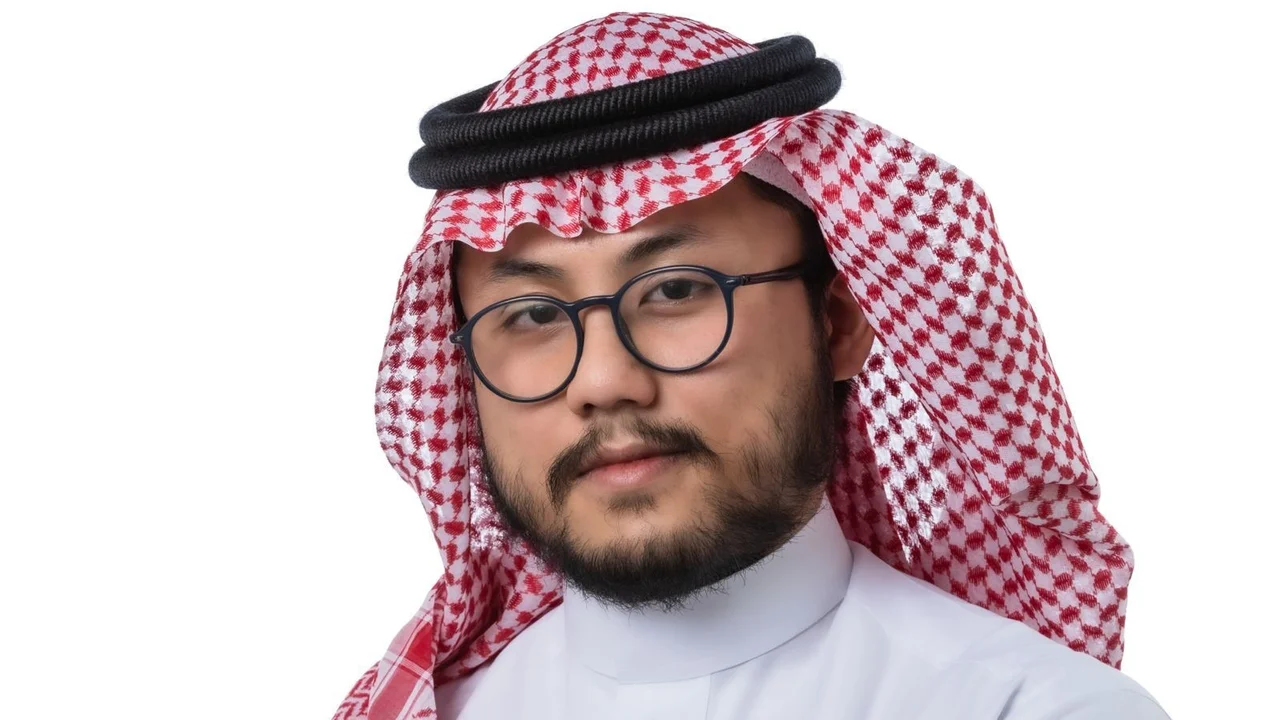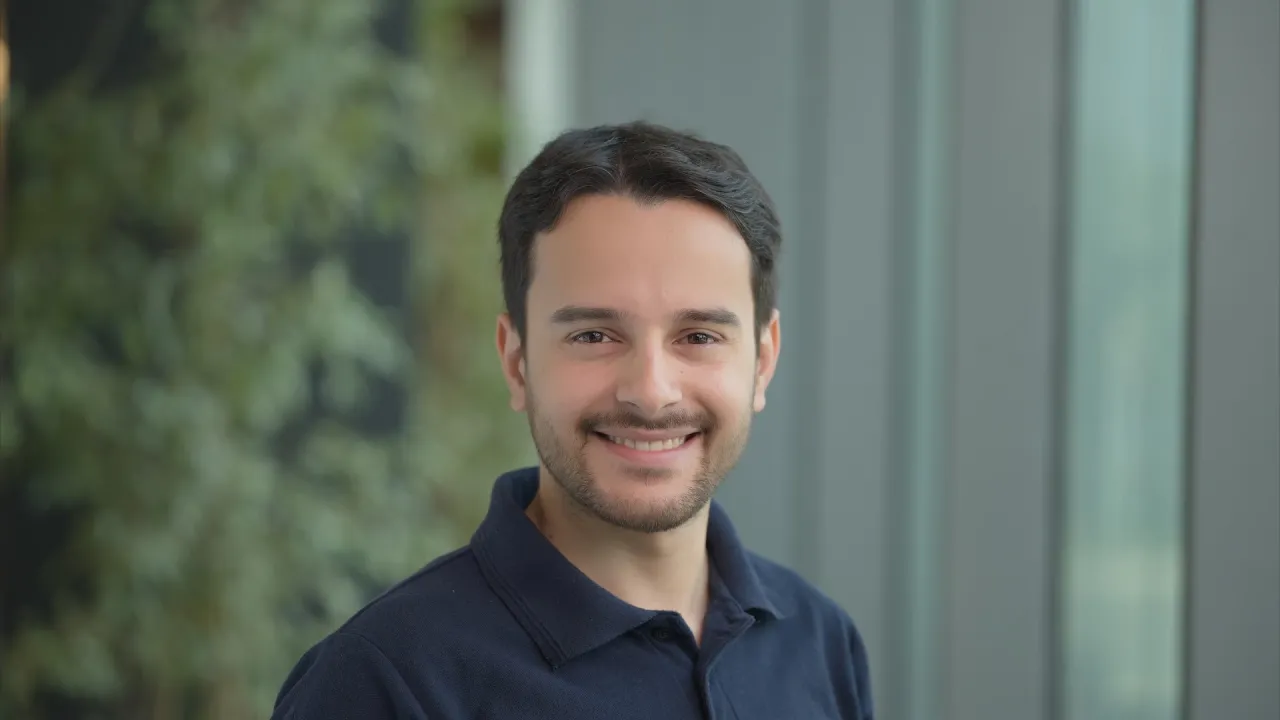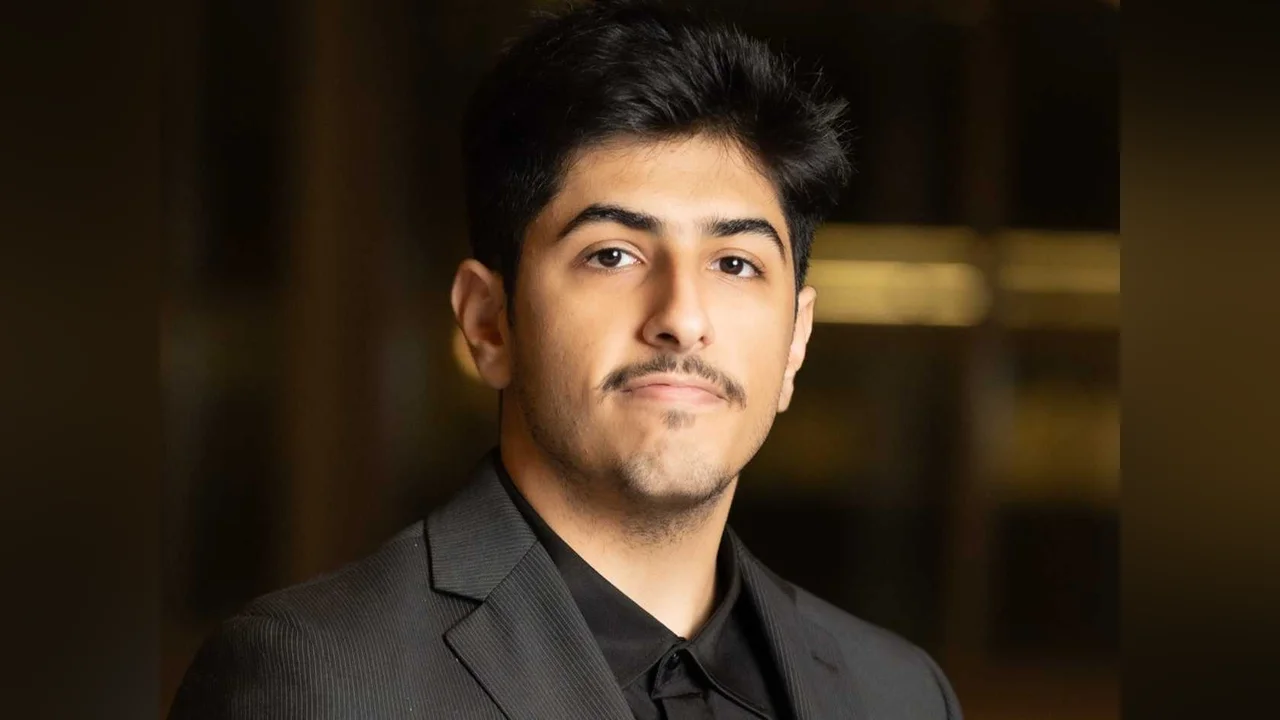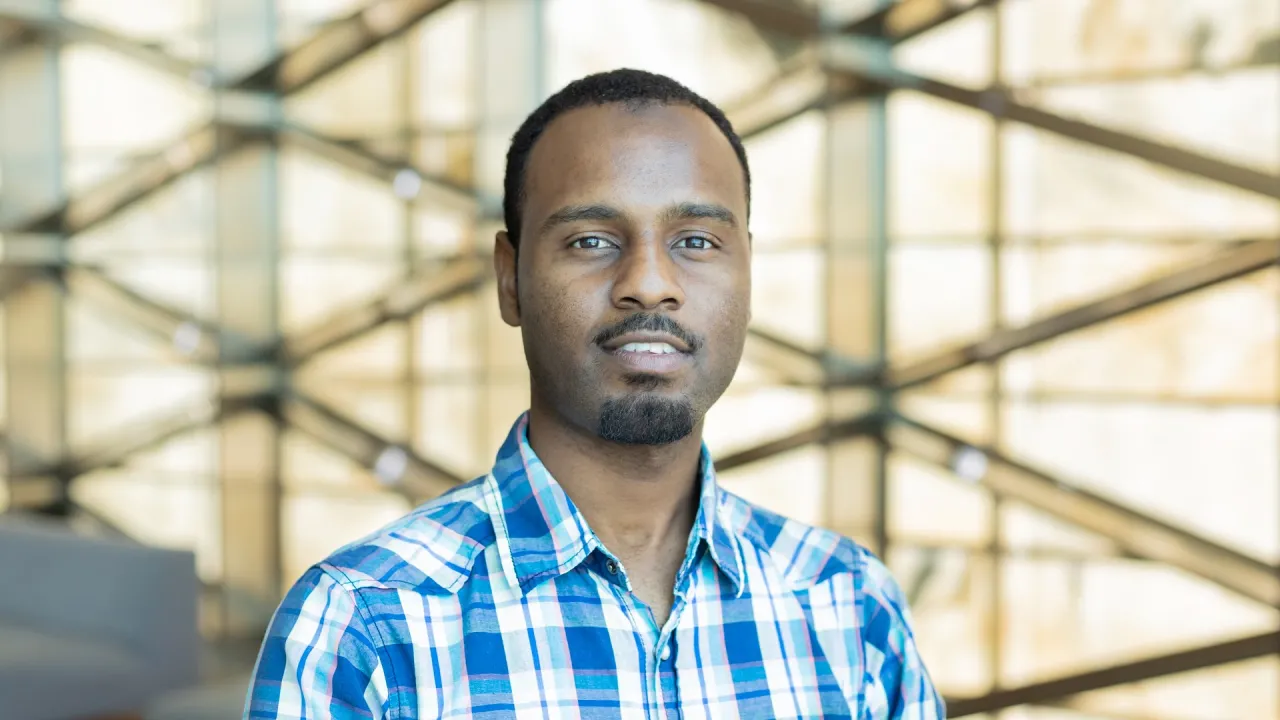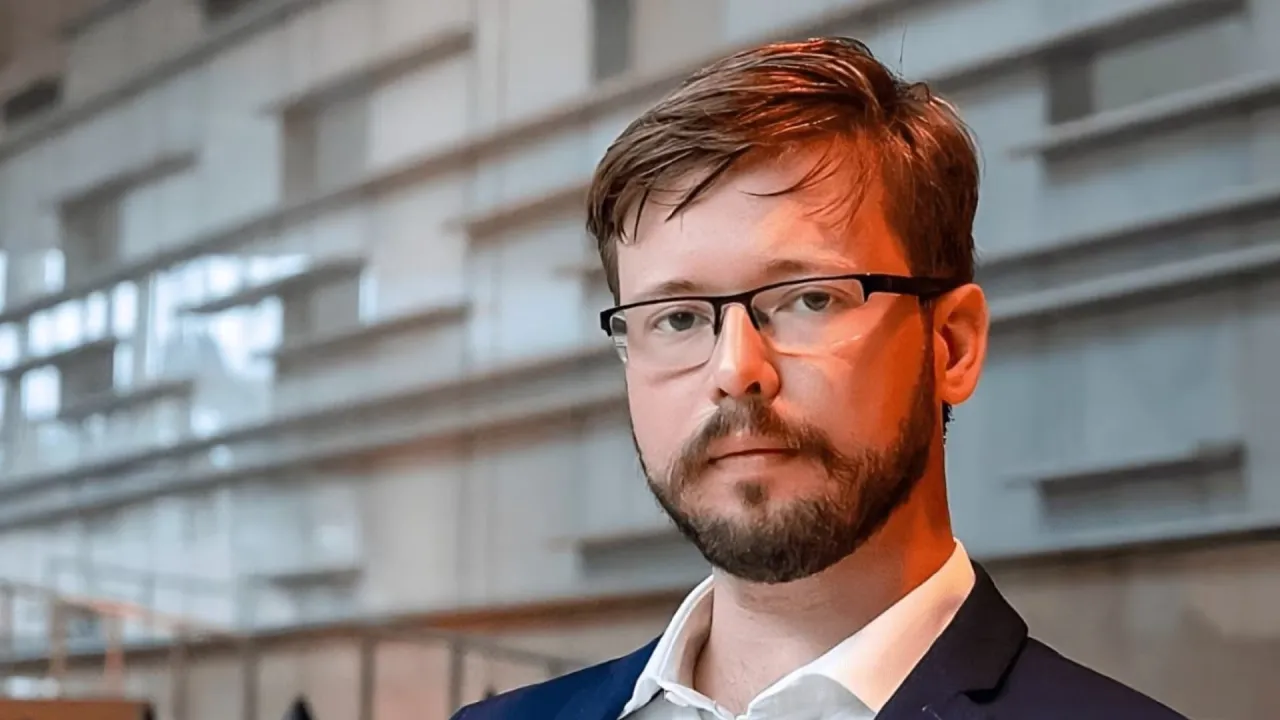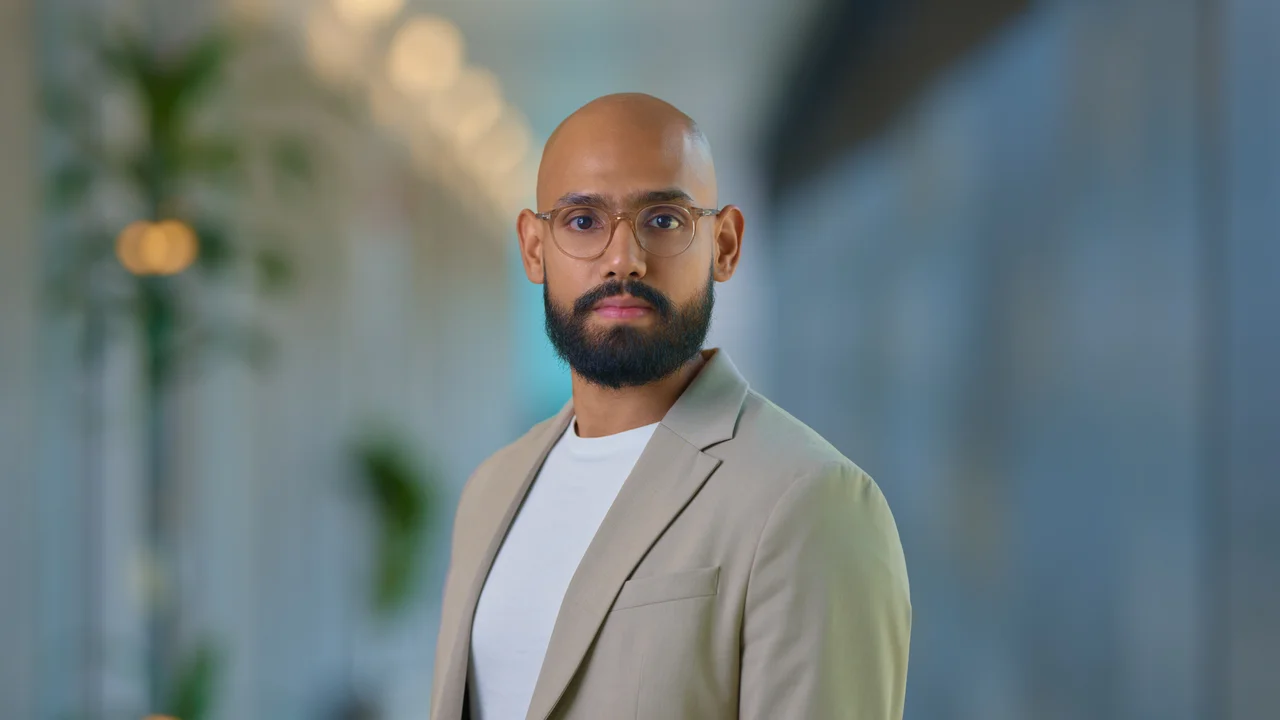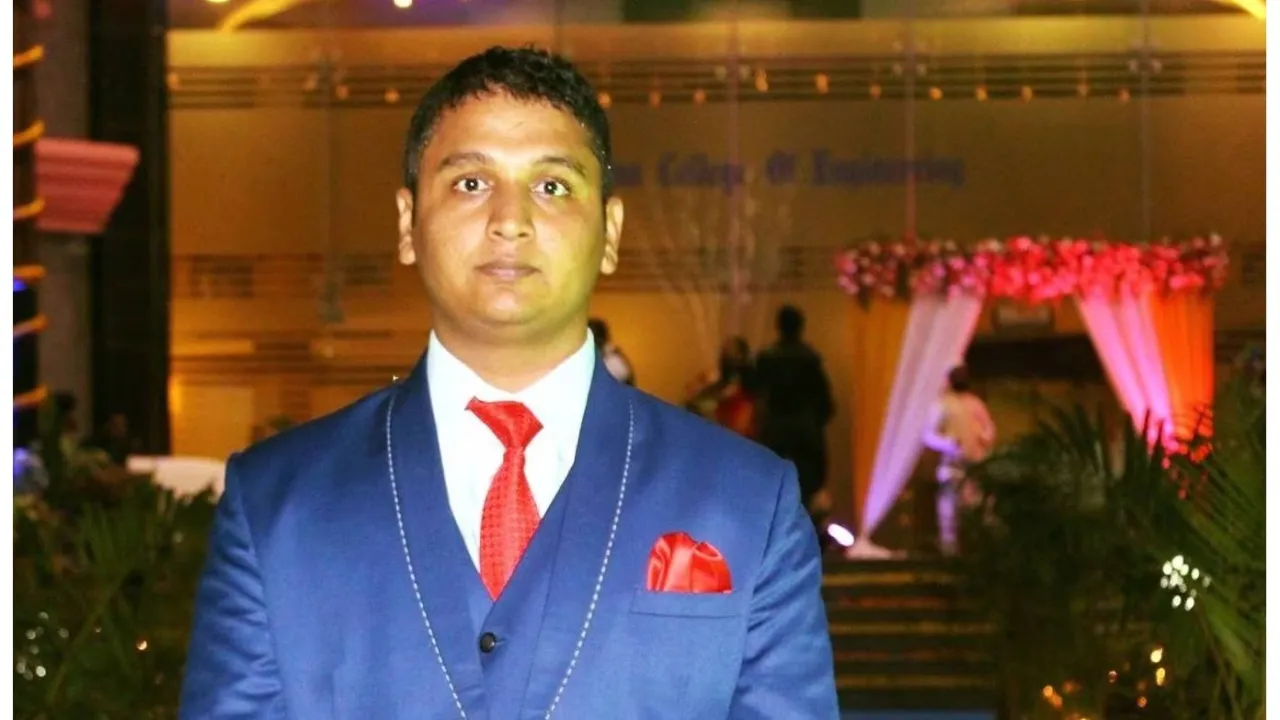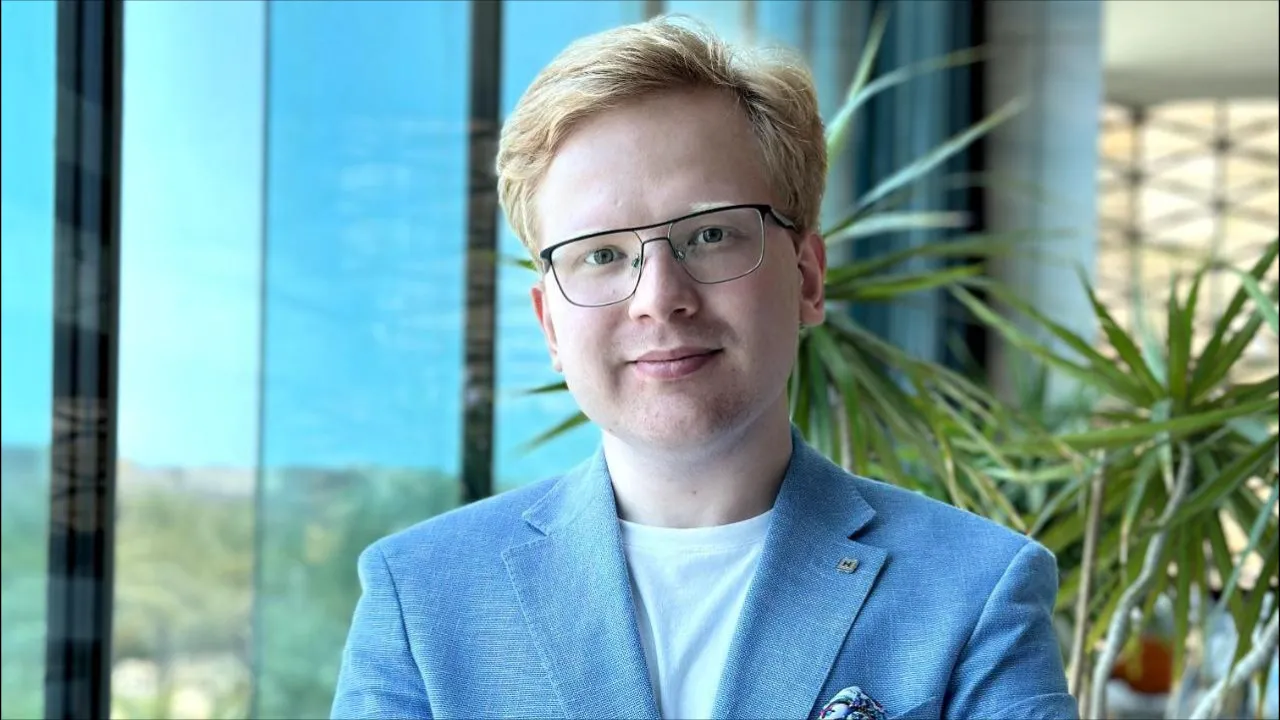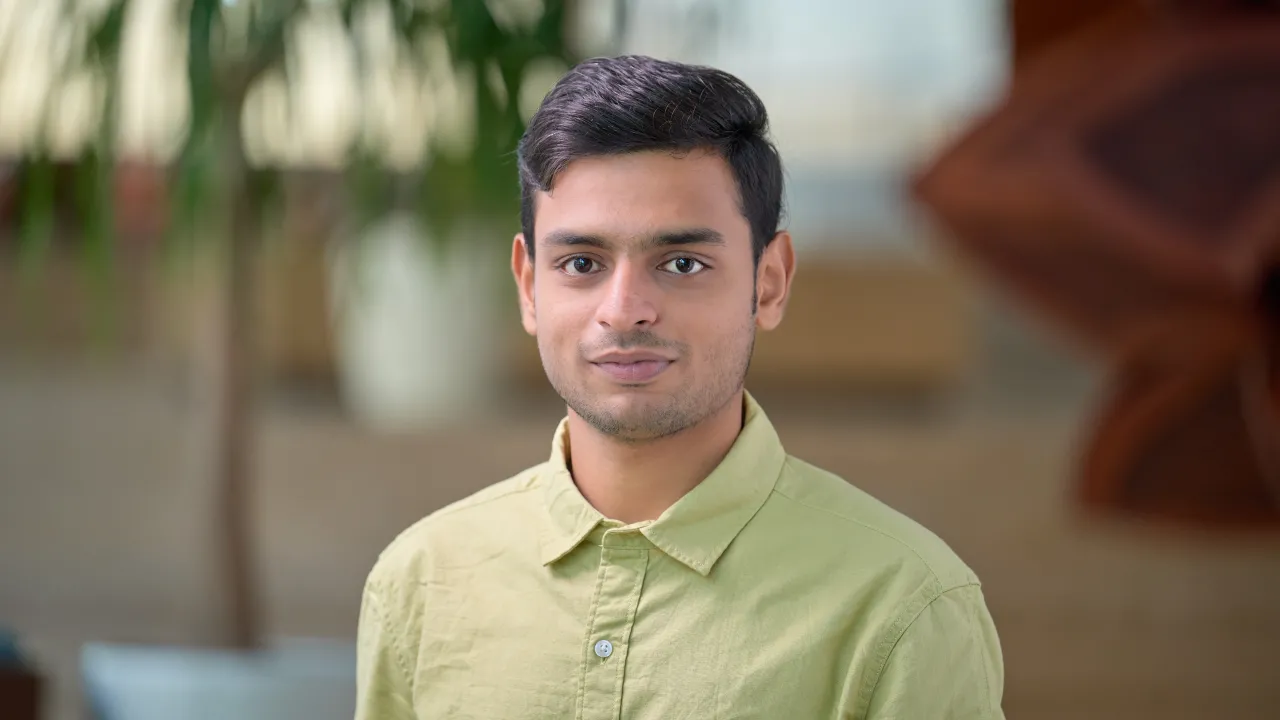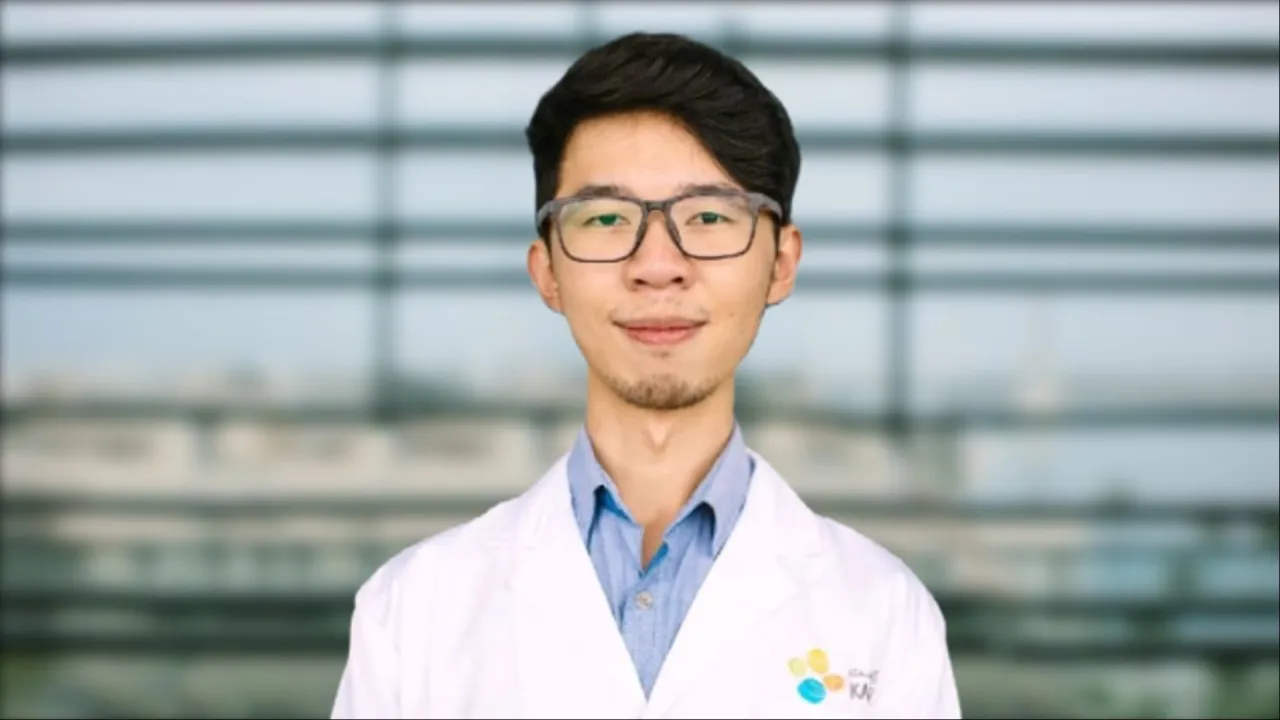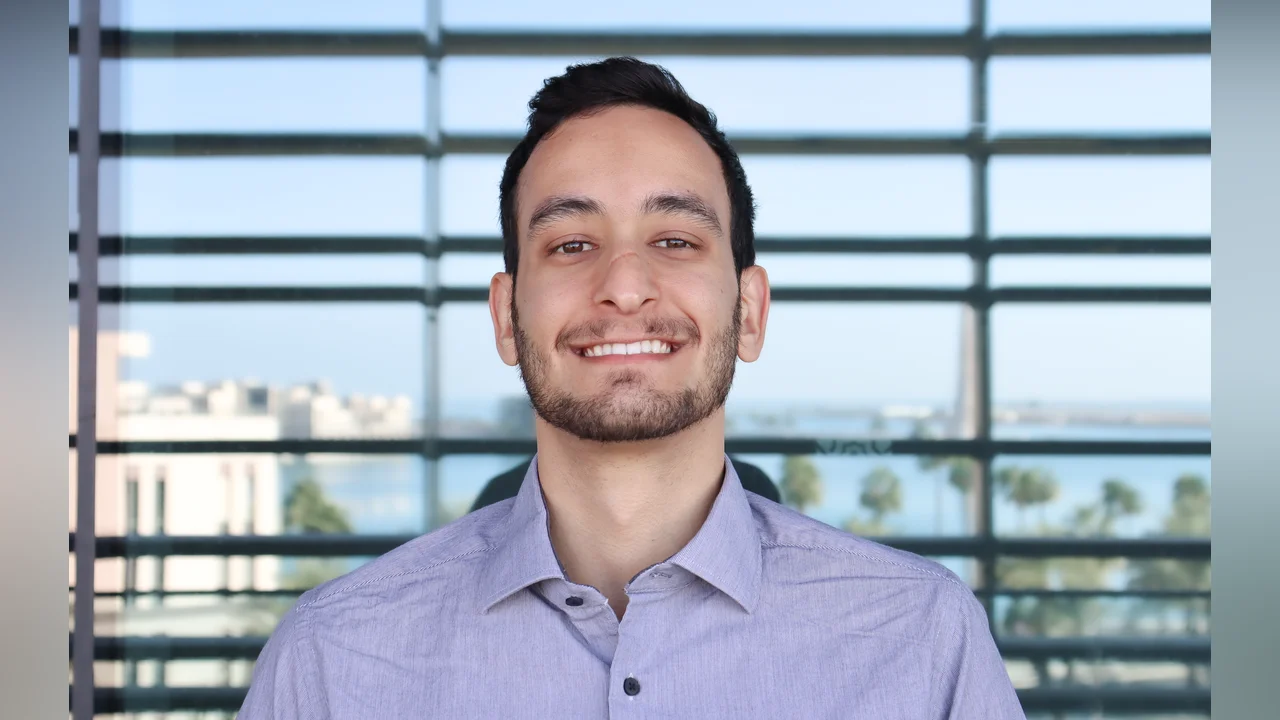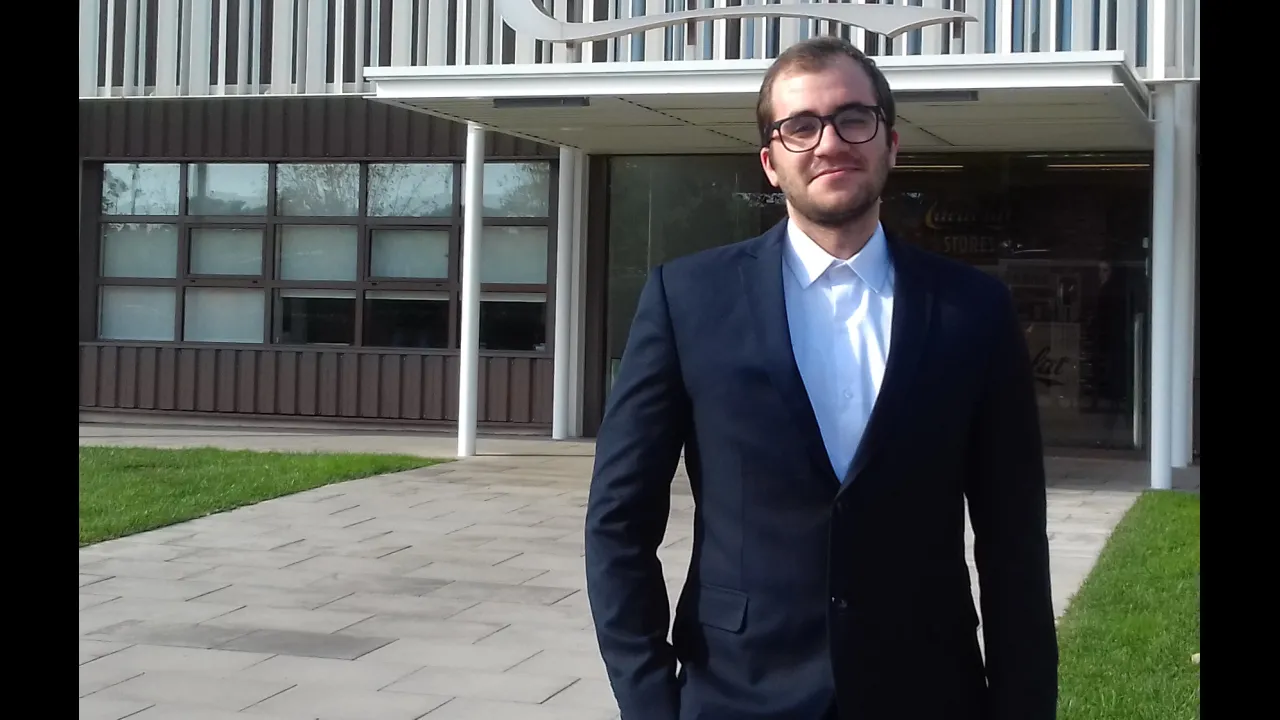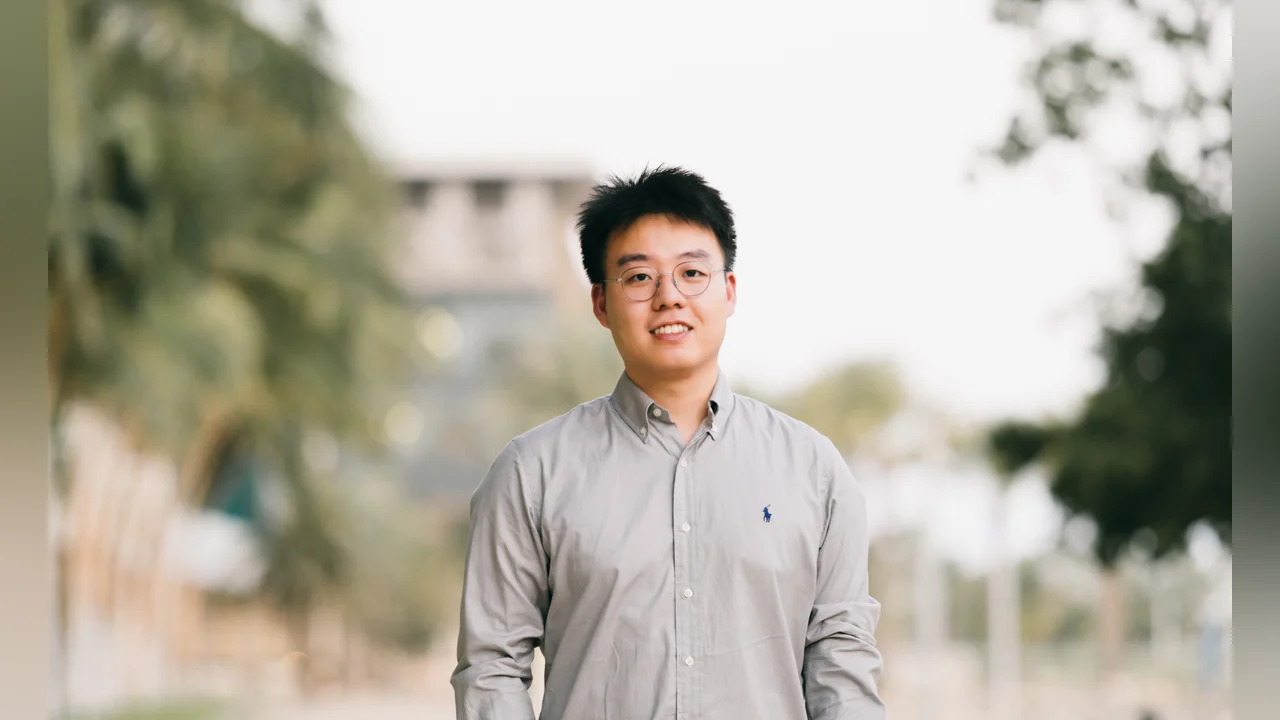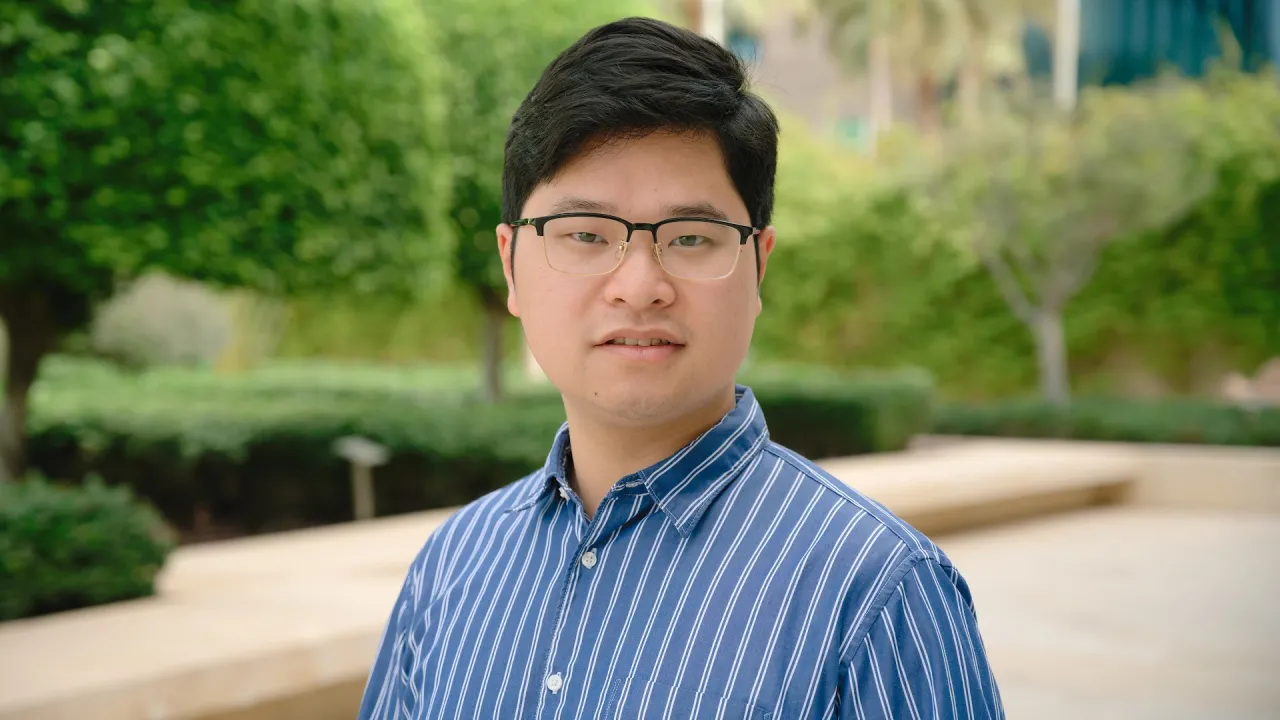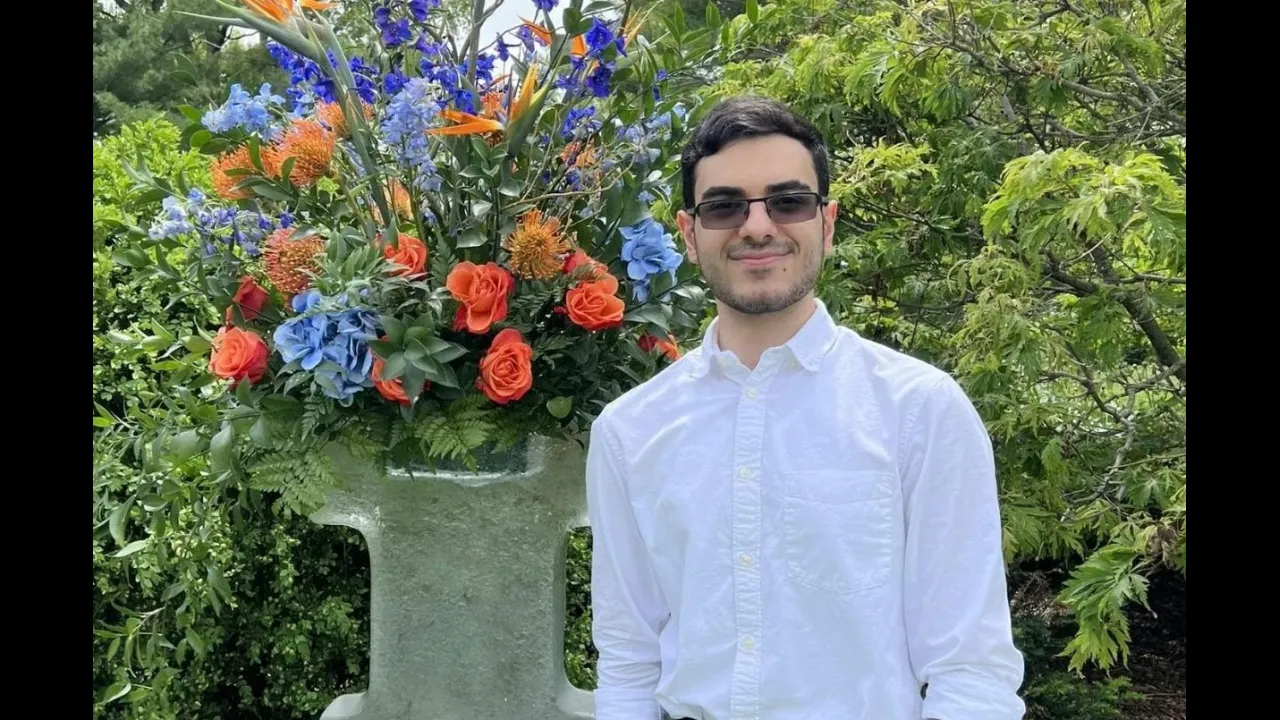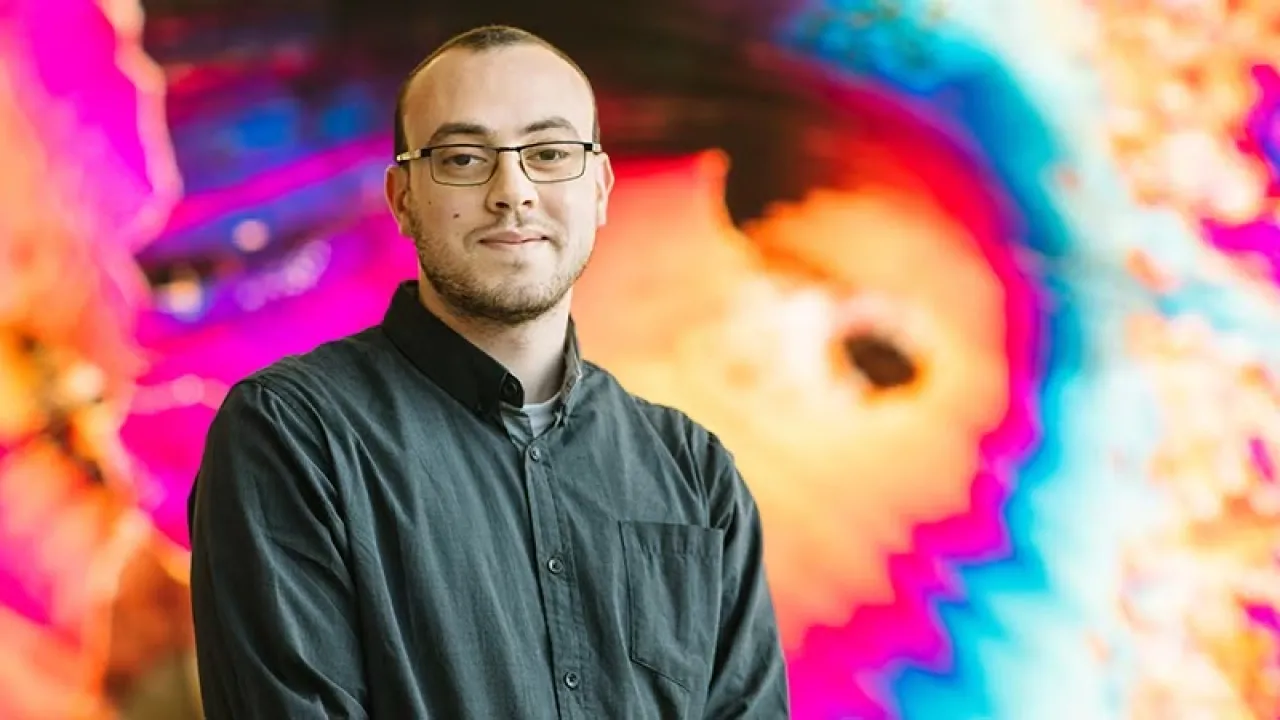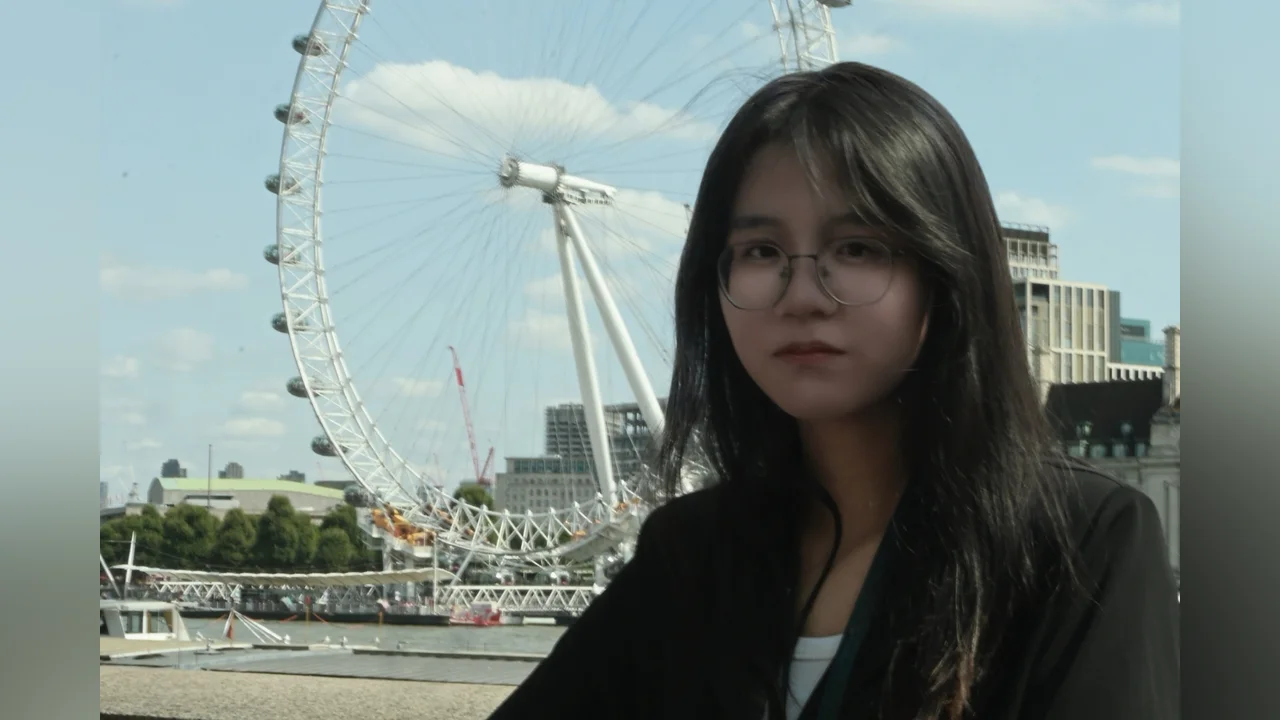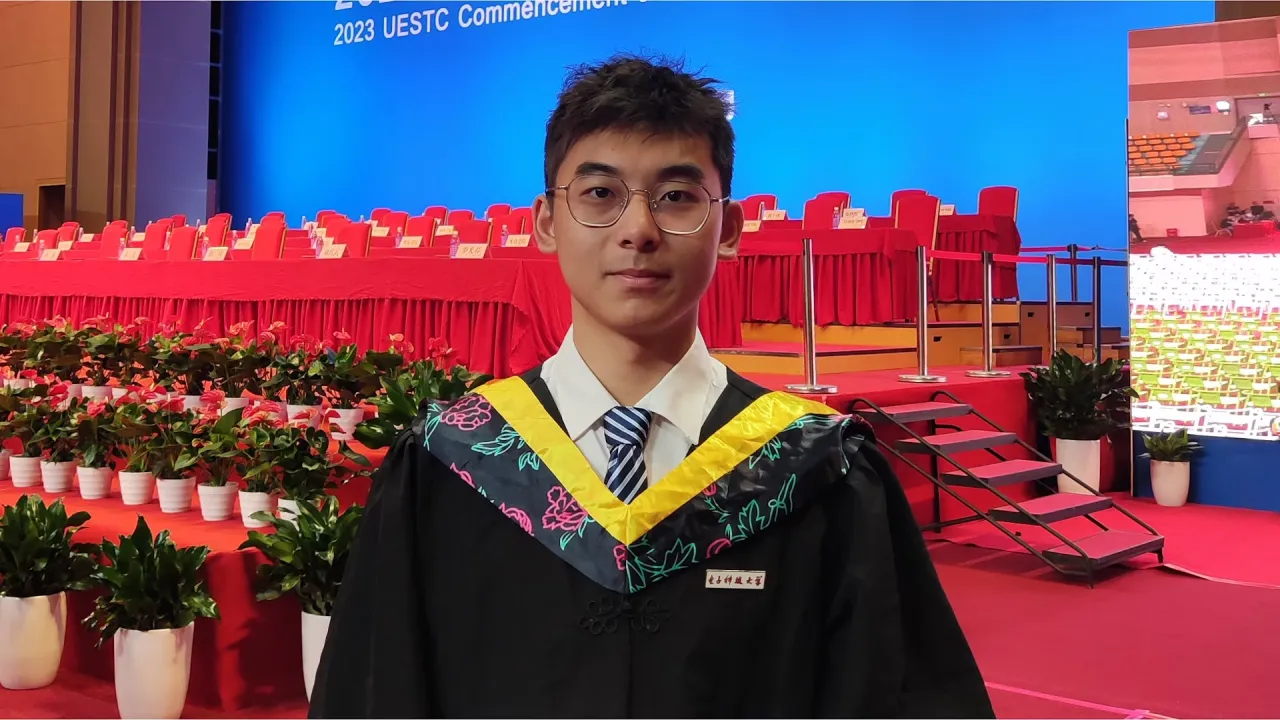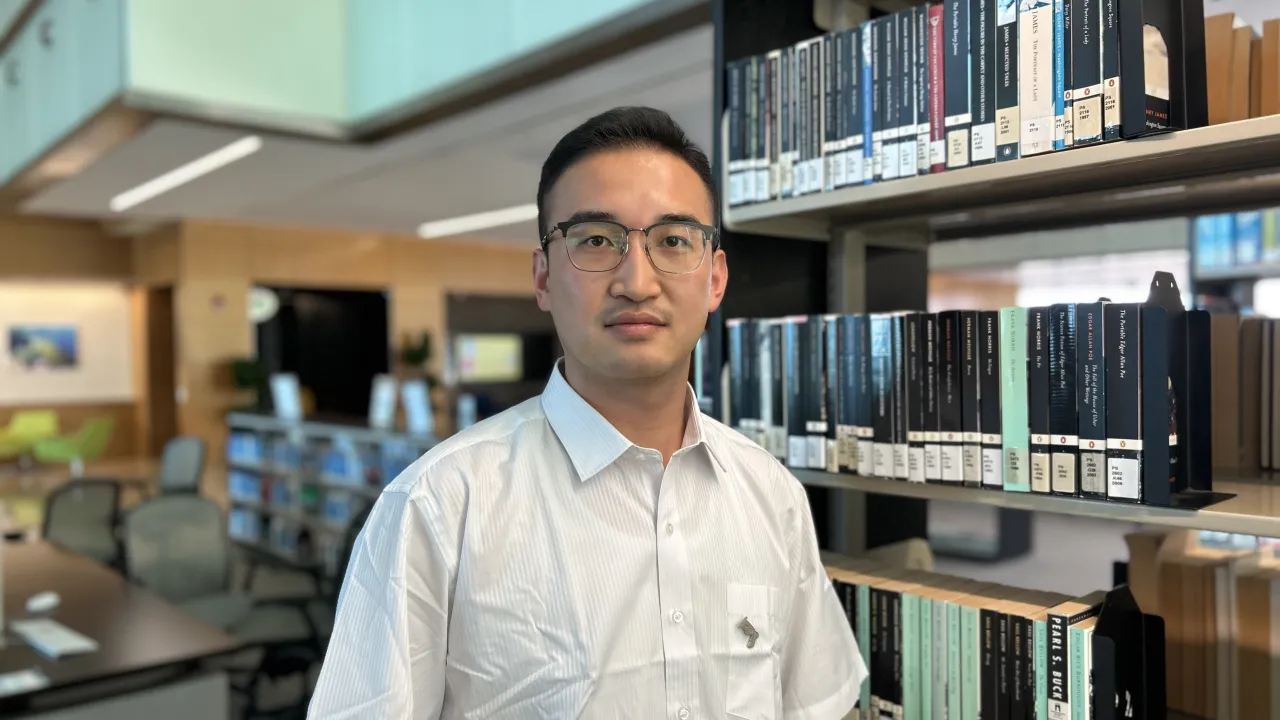Profiles
Students
Biography
Aoun’s research focuses on improving how power systems operate and plan under high shares of variable renewables. At KAUST he is developing advanced unit commitment methods that explicitly consider renewable uncertainty and system stability while searching for algorithmic speed-ups and new formulations using quantum computation. Earlier work includes stochastic AC optimal power flow solved with machine learning surrogates, and course projects on grid-following and grid-forming inverter modeling for wind farms plus HVDC design for bulk power transfer.
During his master’s degree (fully funded) at Skoltech, Moscow (2022-2024), Aoun worked on a modified frequency control strategy for solar PV inverters using a virtual synchronous generator approach. His bachelor’s degree in Electrical Engineering (COMSATS University Islamabad, 2017-2021) included an ERASMUS+ semester at Sehir University Istanbul, in 2019. For his final-year project he developed an AI-based automatic meter reading framework that used deep neural networks for digit detection and recognition. He graduated as the silver medalist of his class.
Aoun has industrial experience from internships with LESCO in Pakistan and Shakarganj Mills Limited, and he worked as a Management Trainee Engineer at Shakarganj Mills Limited from 2021 to 2022. He programs primarily in MATLAB and Python and is actively developing skills in quantum software stacks such as PennyLane and Qiskit to apply quantum techniques to optimization problems in power systems.
Research Interests
- Unit commitment and scheduling for systems with high renewable penetration
- Quantum and hybrid quantum-classical algorithms for power-system optimization
- Stochastic AC optimal power flow and machine-learning-based surrogates
- Grid-forming and grid-following inverter modeling and control for wind farms
- HVDC system design and power transfer studies
Education
Artem Prokoshin
- Ph.D. Student, Electrical and Computer Engineering
Biography
Arturo is a Ph.D. candidate in Electrical and Computer Engineering at the Computer, Electrical and Mathematical Sciences and Engineering (CEMSE) Division of King Abdullah University of Science and Technology (KAUST). Following his participation in the KAUST's 2017 Photonics Summer Camp, he started his graduate studies at KAUST in August 2018. Prior to his graduate studies he earned B.Sc. in Engineering Physics from Instituto Tecnológico y de Estudios Superiores de Monterrey (Mexico) in 2017, and conducted a research intership in the Nuclear Sciences Institute (ICN) of the Universidad Nacional Autónoma de México in 2016.
Arturo is the co-founder of Pixeltra Inc., a startup company specializing in multidimensional imaging solutions through metasurfaces. He actively serves as a reviewer for Nature Communications, and has authored ten publications in high-impact factor journals during his Ph.D. He received the Academic Excellence award from KAUST in 2022 and 2023, and was awarded 2nd place at the 2019 Falling Walls international pitching competition.
Research Interests
Arturo's research focuses on the design and fabrication of optical metasurfaces, emphasizing practical applications in remote sensing and hyperspectral imaging.
Education
Biography
Aznaur obtained his bachelor's degree in Applied Mathematics and Physics from Moscow Institute of Physics and Technology in 2023. He joined KAUST in 2024 to pursue his MS and PhD degrees.
Research Interests
Deep Learning, Computer Vision, Reinforcement Learning.
Education
Biography
Bumin K. Yildirim received his B.Sc. degree in Electrical and Electronics Engineering from TED University, Ankara, Türkiye, in 2020, and his M.Sc. degree in Electrical and Computer Engineering from King Abdullah University of Science and Technology (KAUST), Saudi Arabia, in 2023. He is currently pursuing a Ph.D. in the Communications and Computing Systems Laboratory (CCSL) at KAUST.
Research Interests
Bumin's research focuses on exploring generative artificial intelligence-based solutions to address the challenges of future wireless communication networks.
Education
Biography
Dhanu Chettri is a Ph.D. candidate at the Advanced Semiconductor Laboratory (ASL) at King Abdullah University of Science and Technology (KAUST), under the mentorship of Prof. Xiaohang Li. His research focuses on ultra-wide bandgap semiconductors, particularly Gallium Oxide (Ga2O3) and Aluminum Nitride (AlN). Before joining KAUST, he served as a Senior Project Fellow at the Council of Scientific and Industrial Research–Central Electronics Engineering Research Institute (CSIR–CEERI).
Chettri’s research primarily involves material growth, device design, fabrication, and circuit implementation of advanced semiconductor devices such as MOSFETs and bidirectional switches. He has made significant contributions to the field, as evidenced by his publications. Notably, he achieved the first demonstration of a normally OFF β-Ga2O3 bidirectional switch, featured in Applied Physics Letters, AIP along with the first demonstration of an AlN MOSFET, published in the Journal of Physics D, IOP.
His research is particularly relevant for developing technologies suited to high-temperature and extreme environment applications, demonstrating the critical role and potential of ultra-wide bandgap semiconductors in modern electronics.
Research Interests
Dhanu's research interests include ultrawide bandgap semiconductor materials, specifically Ga2O3 and AlN. His work focuses on the fabrication and characterization of devices such as MOSFETs and FinFETs.
Biography
Divyanshu is a Ph.D. candidate in the Electrical and Computer Engineering department at KAUST. He received his M.Tech degree in VLSI from the Indian Institute of Technology (IIT) Mandi, India. He has worked as a visiting student at the Innovative Technologies Lab and the Integrated Circuits and System Group at KAUST.
Research Interests
His research interests include Spintronics devices and circuits, VLSI design for beyond CMOS devices, and Hardware security primitives.
Education
Biography
Elham is currently a PhD student in Electrical and Computer Engineering program (ECE) at KAUST. She holds an MSc in Software Systems Engineering from UCL, London. She has experience in academia working as teaching assistant, then lecturer and department coordinator. She also worked in industry as a system analyst.
Research Interests
Elham's research interest lies under the field of smart mobility by addressing the current challenges faced by traffic control systems. Her current research focuses on design a sustainable AI-based models to mitigate the limitations of the current smart mobility solutions.
Education
Biography
Fahad Aljehani is a Ph.D. candidate in Electrical and Computer Engineering at King Abdullah University of Science and Technology (KAUST), where he is supervised by Professors Taous‑Meriem Laleg‑Kirati and Eric Feron. His research integrates classical control theory with modern AI and machine‑learning techniques to create advanced control and estimation frameworks for complex process systems, particularly optimal feeding in aquaculture and bacteria monitoring in wastewater treatment plants.
Aljehani earned his M.S. in Electrical Engineering from KAUST (2019), developing control strategies for distributed solar collectors and a virtual sensor for solar‑irradiance estimation. He holds a B.S. in Electrical Engineering from University of Dayton (2016).
Research Interests
Fahad's research focuses on designing advanced control algorithms and estimation techniques to optimize process control systems, specifically in aquaculture and wastewater treatment. He utilizes a multidisciplinary approach that combines classical control theory with cutting-edge artificial intelligence and machine learning methodologies to develop adaptive, efficient, and scalable models that enhance system performance, improve sustainability, and reduce operational costs.
Area of interests:
- Optimal control for a class of nonlinear systems
- Estimation and observer design methods in nonlinear systems
- Reinforcement learning and dynamics programming
- Computer vision
- Machine learning
Education
Biography
Fahad S. Alqurashi is a Ph.D. candidate in Electrical and Computer Engineering at King Abdullah University of Science and Technology (KAUST), under the supervision of Professor Mohamed-Slim Alouini. His research focuses on advanced wireless communication technologies for connecting underserved and remote regions, emphasizing cost-effective and high-capacity solutions. His work explores Free Space Optics (FSO), TV White Space (TVWS), and hybrid RF/mmWave systems to achieve point-to-point data rates exceeding 10 Gbps, with a particular interest in maritime and rural connectivity.
Fahad holds a Master of Science in Electrical Engineering from KAUST, where his thesis focused on modeling FSO communication channels for next-generation deployment scenarios. He completed his Bachelor of Science in Electrical Engineering (Electronics and Communication track) at Umm Al-Qura University in Makkah, Saudi Arabia.
Fahad has led strategic connectivity projects in collaboration with global technology leaders such as Google Taara, Meta, Cambium, and national operators like Zain and STC. He is currently spearheading national-scale initiatives with the Communication, Space and Technology Commission (CST), Red Sea Global, and Neom to deliver resilient, sustainable, and scalable wireless infrastructure—including projects connecting offshore islands and rural villages using hybrid FSO/RF links powered by solar systems.
His research has been presented at major international venues including IEEE ICC and the Optical Wireless Communication Conference, and he is an active member of IEEE and the Optical Wireless Communication community. Fahad’s interdisciplinary work supports Saudi Vision 2030 and reflects a strong commitment to impactful digital transformation through cutting-edge wireless innovation.
Research Interests
Alongside the Saudi Vision 2030, Fahad’s interest lies in supporting the future of 5G and 6G. Because of this, he focuses on wireless communication systems, especially in free space optical communication (FSO).
Education
Biography
Fares Banjar received his B.S. in electrical engineering from King Fahd University of Petroleum and Minerals (KFUPM) in 2021 and his M.S. in electrical and computer engineering from King Abdullah University of Science and Technology (KAUST) in 2024. He is currently pursuing a Ph.D. in the Photonics Laboratory at KAUST. He also worked in the industry with Saudi Aramco for two years as an Electrical Engineer.
Research Interests
Power-over-fiber systems and fiber-optic-based sensing and communication networks.
Biography
Faris Alkhalifah is an MS Electrical and Computer Engineering student with the Integrated Telecommunication and Sensing Systems (ITASS) Research Group headed by Professor Abdulrahman Alhamed at King Abdullah University of Science and Technology (KAUST).
Education
Biography
Firas Fatani is a Ph.D. candidate in Electrical and Computer Engineering at King Abdullah University of Science and Technology (KAUST), where he conducts his research in the Integrated Microwave Packaging Antennas & Circuits Technology (IMPACT) Lab under the supervision of Professor Atif Shamim. His research focuses on printed, flexible, and battery-free microwave biosensors for non-invasive health monitoring through sweat analysis. By combining RF and microwave engineering with electrochemical sensing and Internet of Things (IoT) integration, his work advances the development of next-generation wearable and wireless diagnostic platforms.
Throughout his doctoral studies, Firas has demonstrated strong leadership in interdisciplinary research, product innovation, and academic collaboration. He has authored several high-impact publications, including ACS Sensors—where his research was featured on the journal cover—IEEE Sensors Journal, and Scientific Reports. His conference contributions include presentations at IEEE Sensors 2024 (Kobe, Japan), IEEE Sensors 2025 (Vancouver, Canada), and the APS March Meeting. His ongoing projects explore multi-analyte sensing, data fusion, and AI-assisted signal interpretation for wireless biomedical systems.
Firas holds a Master of Science degree in Electrical Engineering from KAUST, specializing in IoT systems, and a Bachelor of Science degree in Electrical Engineering with High Honors from the Milwaukee School of Engineering (MSOE). MSOE is recognized by U.S. News & World Report as one of the nation’s leading engineering institutions—ranked #10 in undergraduate engineering programs and #2 among regional universities in the Midwest.
Before pursuing his Ph.D., Firas gained international industrial experience in the manufacturing and IoT sectors. He served as an Electrical and Controls Engineer at C&D Technologies Inc. in the United States, where he introduced process automation and quality improvements in large-scale battery manufacturing. In Saudi Arabia, he contributed to smart infrastructure initiatives as an IoT consultant at NEOM’s Food Sector Technology team and as a PLC Controls Engineer at Red Sea Farms, designing AI-assisted automation systems for sustainable agriculture.
Beyond academia, Firas co-founded FreshSense, a startup that developed patented smart flexible sensors for food safety and inventory optimization. The venture was a finalist in the TAQADDAM Innovation Accelerator and secured pilot implementation with Radwa Farms.
He is a recipient of the King Abdullah Scholarship Program for undergraduate study abroad and the KAUST Fellowship for both his master’s and doctoral research. Firas has represented KAUST in multiple national and international events and is an active IEEE member. His academic excellence, industrial insight, and entrepreneurial spirit position him at the intersection of research innovation and real-world technology translation.
Research Interests
Firas Fatani’s research focuses on advancing wireless sensing, flexible electronics, and intelligent systems for next-generation connectivity and health technologies. His work combines electromagnetics, materials engineering, and data science to create innovative, low-cost, and battery-free sensing platforms for real-world applications in healthcare, environmental monitoring, and smart infrastructure.
Specific research interests include:
- Wireless and battery-free sensing systems
- Printed and flexible electronics for wearable and environmental applications
- Additive manufacturing and hybrid fabrication for RF and sensor integration
- Data analysis and machine learning for intelligent sensing and signal interpretation
- Internet of Things (IoT) architectures for scalable sensor networks
- Electromagnetic modeling and RF component design
- System-level integration of sensors, materials, and data analytics
- Translational applications of wireless technologies across biomedical and industrial domains
Biography
Gokul is an electrical engineering student who is currently doing research in core areas like power electronics, power systems and control systems. His research mainly focuses on grid design, modeling, control and development of modular power converters which helps in creating new solutions for sustainable energy generation, transmission, distribution and consumption.
He is experienced in Hardware-In-the-Loop (HIL) and Rapid Control Prototyping (RCP) systems like RTDS, Opal-RT, Speedgoat, Typhoon and dSPACE. He has great experience in MATLAB Simulink, NI Multisim, OrCAD Pspice and other ECAD tools which include Altium, Eagle and KiCAD.
The project he was involved in with KAUST as a visiting student was the development of a bi-directional multi-node Smart DC Grid for Autonomous Power Interchange Systems (APIS) which includes Energy Storage Systems (ESS). The system is designed in MATLAB Simulink and tested in real-time machines like Speedgoat and Opal-RT which links the software framework called Hyphae by Sony CSL, LF Energy.
He was involved in other research projects like control design of the 6-ph PMSM motor, Level - 3 Autonomous Vehicle, High Voltage Low Power Converter, Robust Steering Controller Design, Modelling of the University's Distribution Network etc...
Research Interests
Gokul's research focuses on power electronics, power systems, and control systems, with an emphasis on grid architecture, advanced modeling, control strategies and the development of modular power converters to optimize sustainable energy generation, transmission, distribution, and consumption. He has substantial expertise in Hardware-In-the-Loop (HIL) and Rapid Control Prototyping (RCP) platforms such as RTDS, Opal-RT, Speedgoat, Typhoon, and dSPACE. Skilled in MATLAB Simulink, NI Multisim, OrCAD Pspice, and ECAD tools including Altium, Eagle, and KiCAD.
Education
Biography
As an Electrical Engineer, I have extensive knowledge in Power Electronics, Energy Conversion, Power Systems, and Energy Flexibility. Also, I have strong experience and love for Control Theory and Optimization. I am currently studying Machine Learning and its applications.
Research Interests
- Power electronics
- Power systems
- Anomaly detection
- Artificial intelligence
Education
Hanchen Gan
- Ph.D. Student
Biography
Hanchen Gan received the M.S. degree in microelectronics from the Institute of Microelectronics, Chinese Academy of Sciences (IMECAS), Beijing, China, in 2024, where he was affiliated with the National Key Laboratory of Integrated Circuit Manufacturing—3D Integration and System Packaging Laboratory.
From March to October 2024, he worked at Cadence as a Product Validation Engineer. He worked in the CPG Group, validating the Clarity 3D full-wave electromagnetic solver. From November 2024 to August 2025, he was a visiting student with the GBDTC Electromagnetic Informatics Lab at the University of Technology Sydney (UTs).
Research Interests
Hanchen’s research interests span antenna design (antenna-in-package (AiP), mmWave phased arrays, base-station antennas, transmissive metasurface antennas) and semiconductor advanced packaging (2.5D/3D packaging,signal and power integrity, die-to-die (D2D) interconnects for chiplets).
Education
Research Interests
Optoelectronic devices and photonic integrated circuit (PIC)
Biography
Hanguang Liao received the B.E. degree in microelectronics from the University of Electronic Science and Technology of China (UESTC), Chengdu, China in 2019, and the M.S. degree in Electrical and Computer Engineering from the King Abdullah University of Science and Technology (KAUST), Thuwal, Saudi Arabia, in 2021, where he is currently pursuing the Ph.D. degree with the IMPACT Laboratory, Electrical and Computer Engineering Program.
Hanguang Liao was the First Place Winner of the 2022 IEEE AP-S Student Design Contest. He was also the Second Place Winner of the 2024 IEEE IMS Student Design Contest.
Research Interests
His research interests include electrically small antennas, antennas for the Internet of Things (IoT) applications, additive manufacturing, printed microwave component and mmWave components. He serves as reviewers for multiple IEEE journals of AP-S and MTT-S.
Education
Biography
Hani Al Majed has a Bachelor's degree in Electrical Engineering from the University of Illinois at Urbana-Champaign (2019–2023) and is currently pursuing a Master's in Electrical and Computer Engineering at KAUST (2023–2025) under the supervision of Professor Bernard Ghanem. His career includes internships at IBM, the National Center for Supercomputing Applications (NCSA), Discovery Partners Institute, and KAUST, where he worked on projects related to variational quantum models, 3D body reconstruction, sequence learning for epidemiological forecasting, and applications of physics-informed neural operators.
Research Interests
Hani's current research interests encompass machine learning workflow automation, physics-informed neural operators, AI for Science and chemistry.
Education
Biography
Sep 2021 – Jun 2025
B.S. in Electronic Science and Technology,
Beijing University of Posts and Telecommunications (BUPT), Beijing, China
Sep 2025 – Present
MS/PhD Student in Electrical Engineering,
King Abdullah University of Science and Technology (KAUST), Thuwal, Saudi Arabia
Research Interests
Photonics and Optoelectronics
Biography
Professional Profile
● 03/2023 - 09/2023, Research Intern, Stellantis & IMT Atlantique
● 05/2022-09/2022, R&D Intern, Invisensing
● 06/2021-08/2021, Research Intern, Institut Photovoltaïque d’Île-de-France
Education
● 01/2024 – Present, Ph.D. student in Photonics Lab, CEMSE Division, King Abdullah University of Science and Technology, Thuwal, Saudi Arabia.
● 09/2022 – 12/2023, Second Master’s degree in Optical Networks and Photonics Systems, Université Paris-Saclay & Institut Polytechnique de Paris, Palaiseau, France.
●09/2020 – 12/2023, Engineering degree of Theoretical and Applied Optics, Institut d'Optique Graduate School - Université Paris-Saclay, Palaiseau, France.
●09/2017 – 06/2021, Bachelor of Science and Engineering in Photoelectric Information Science, Huazhong University of Science and Technology, Wuhan, China.
Research Interests
- Fiber Optic Sensing
- Optoeletronics
- Photonics
Education
Biography
Haozheng HE is currently a MS/Ph.D. student at the Sensors Lab, in the CEMSE, King Abdullah University of Science and Technology (KAUST). He received the Bachelor of Engineering degree in Integrated Circuits and Systems from the University of Electronic Science and Technology of China, Chengdu, China, in 2023.
Research Interests
His research lies in Computer Architecture, Embedded Systems, Artificial Intelligence and FPGA
